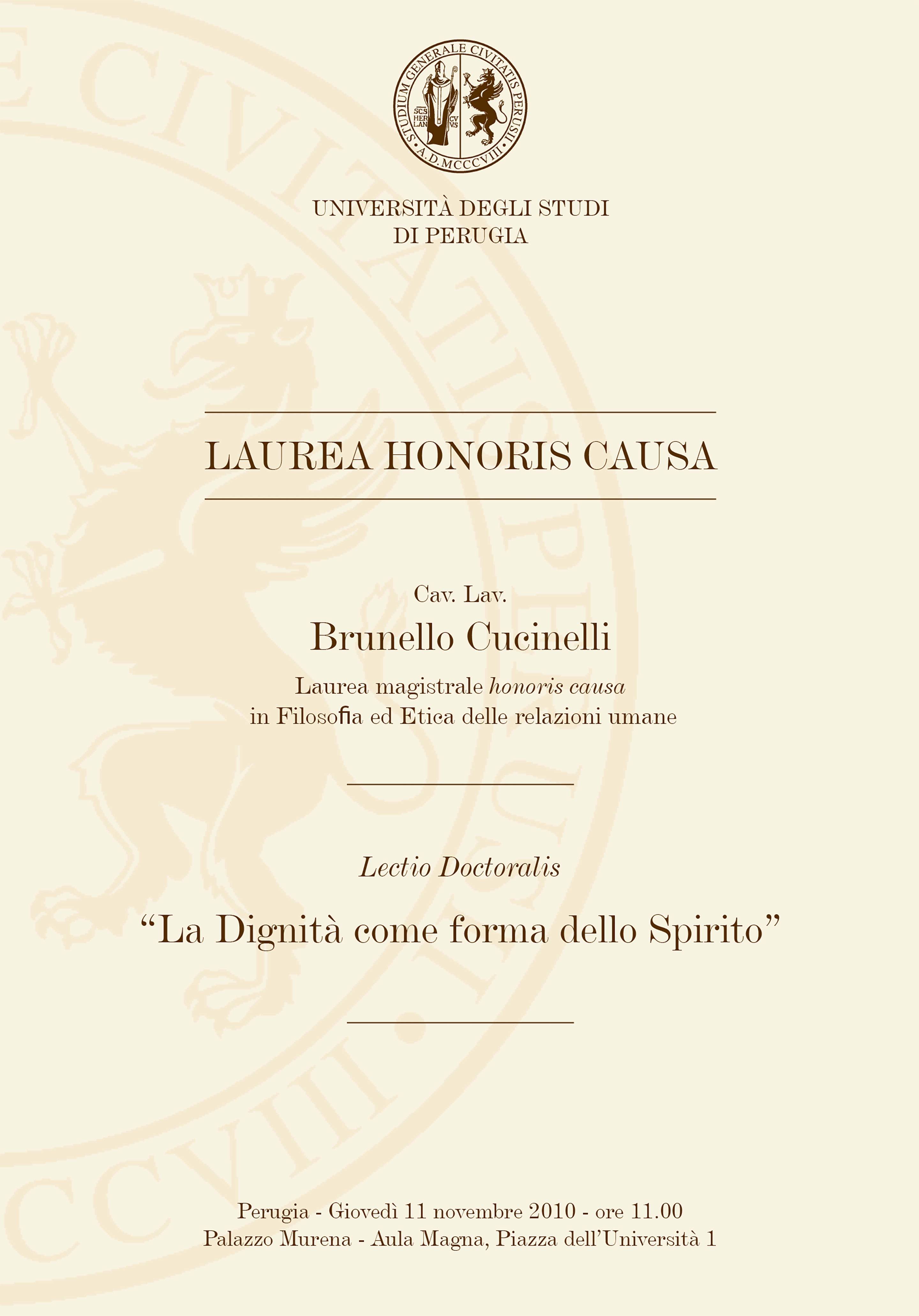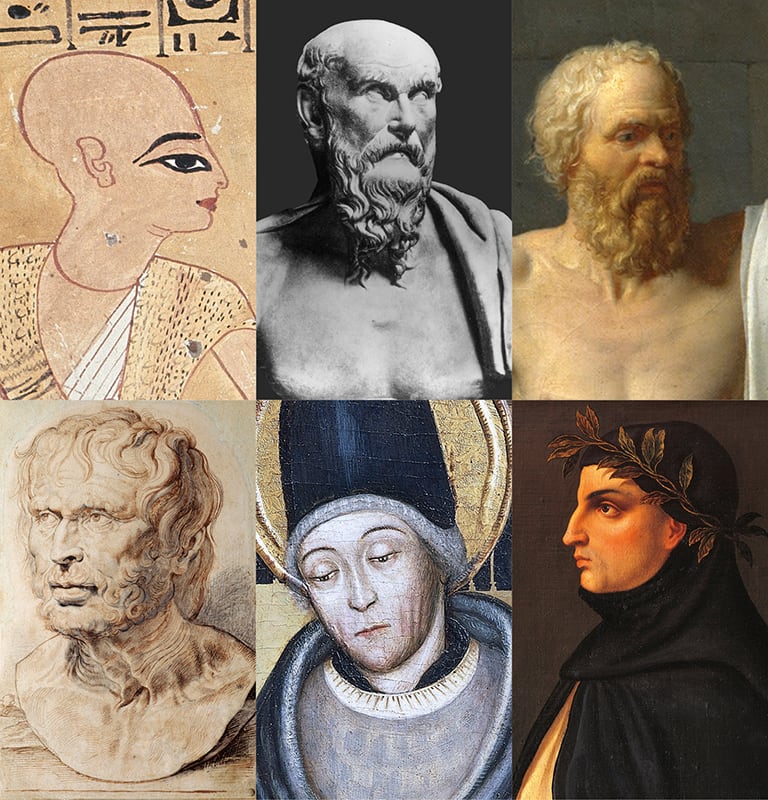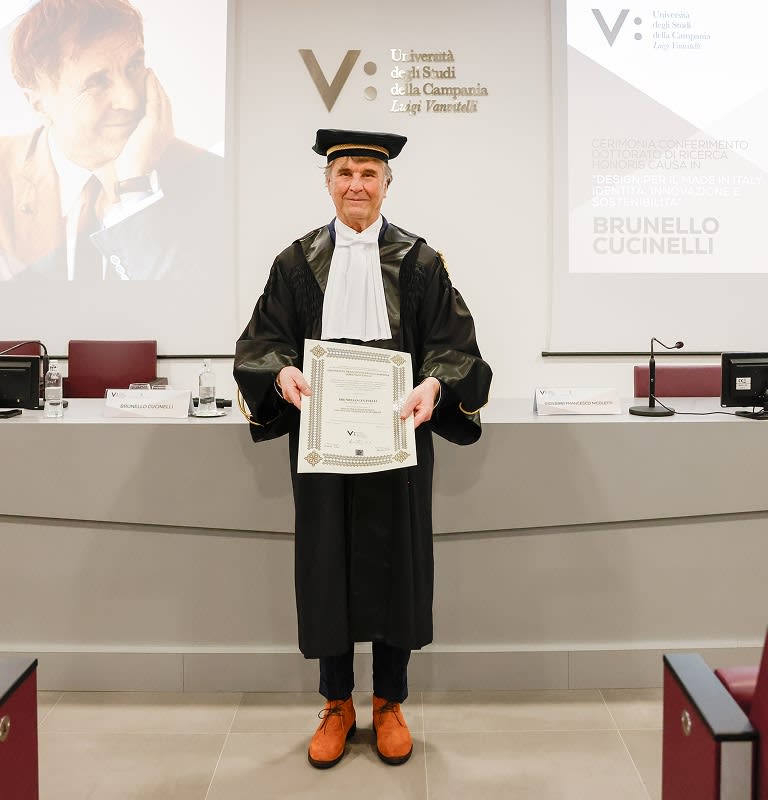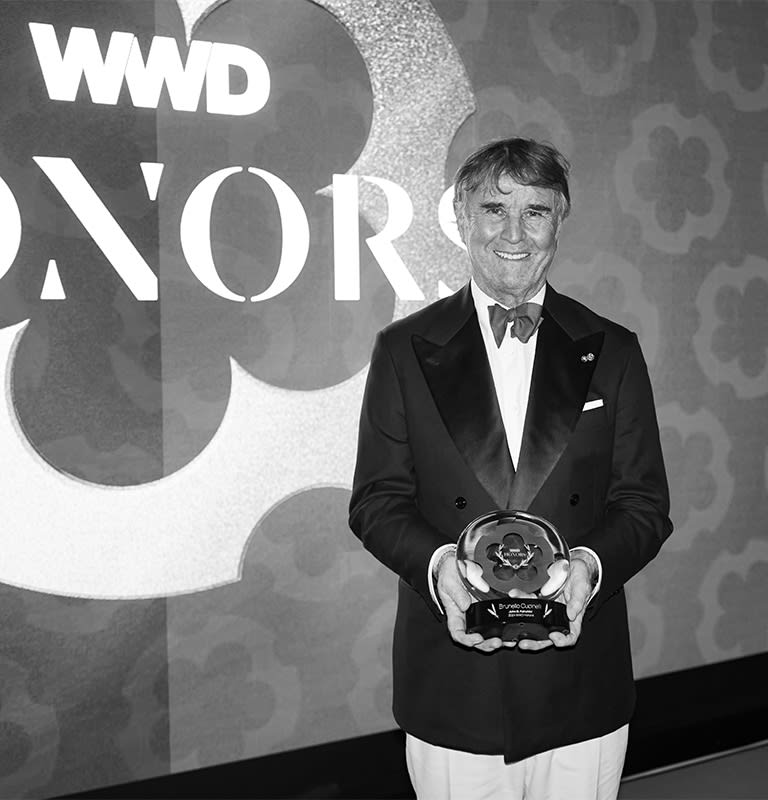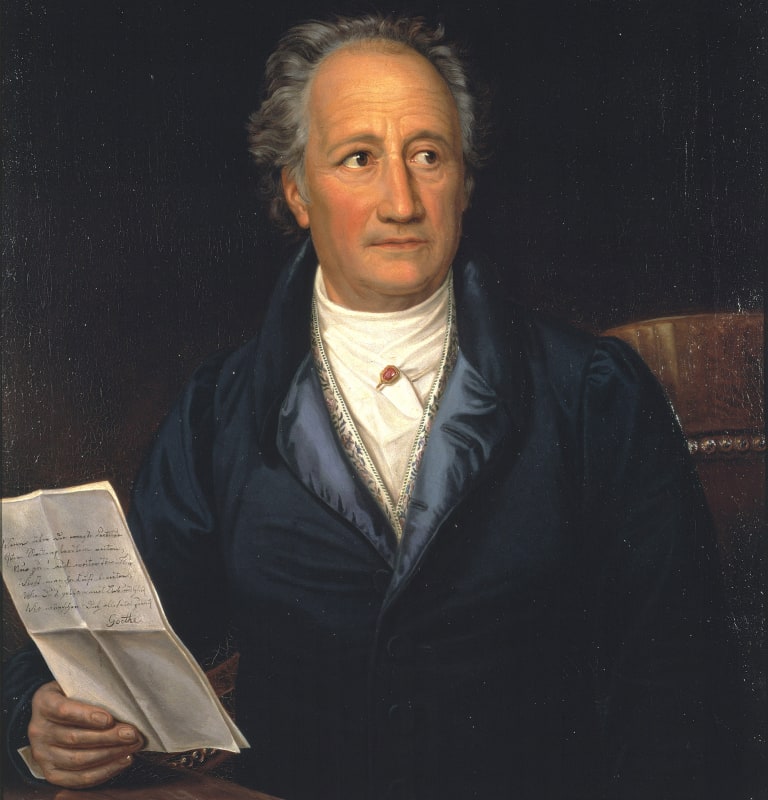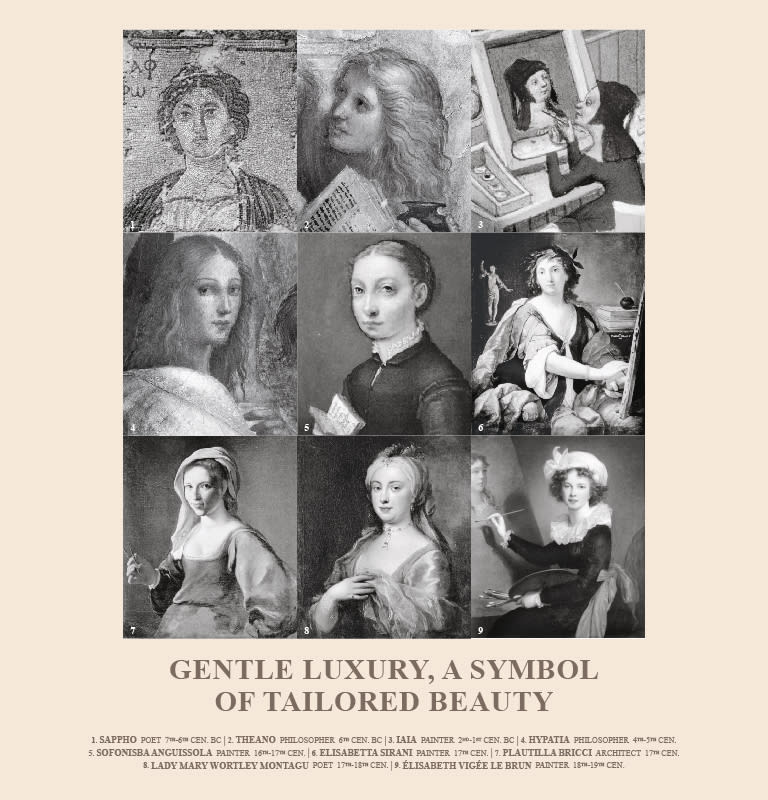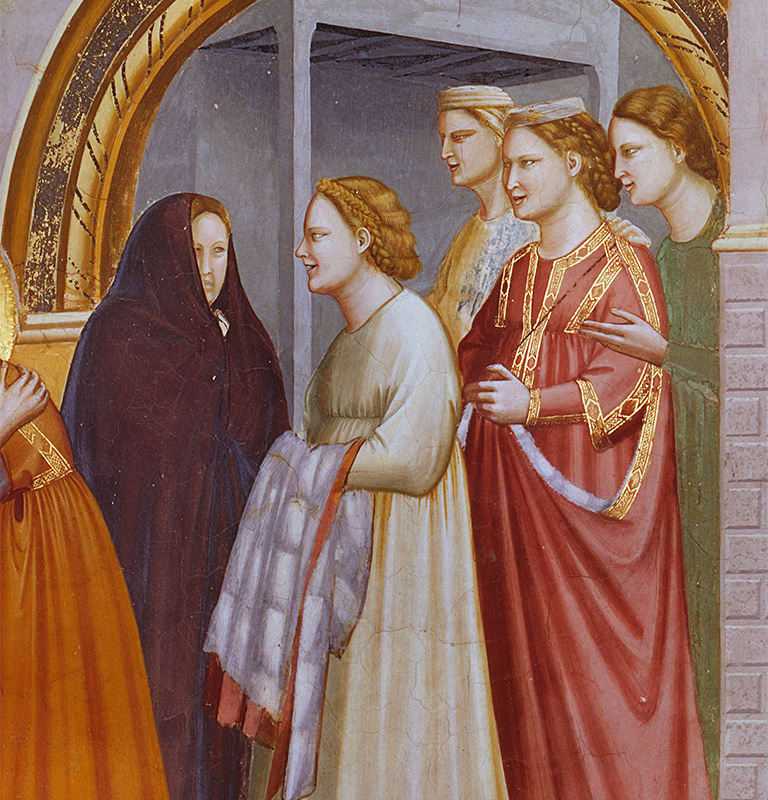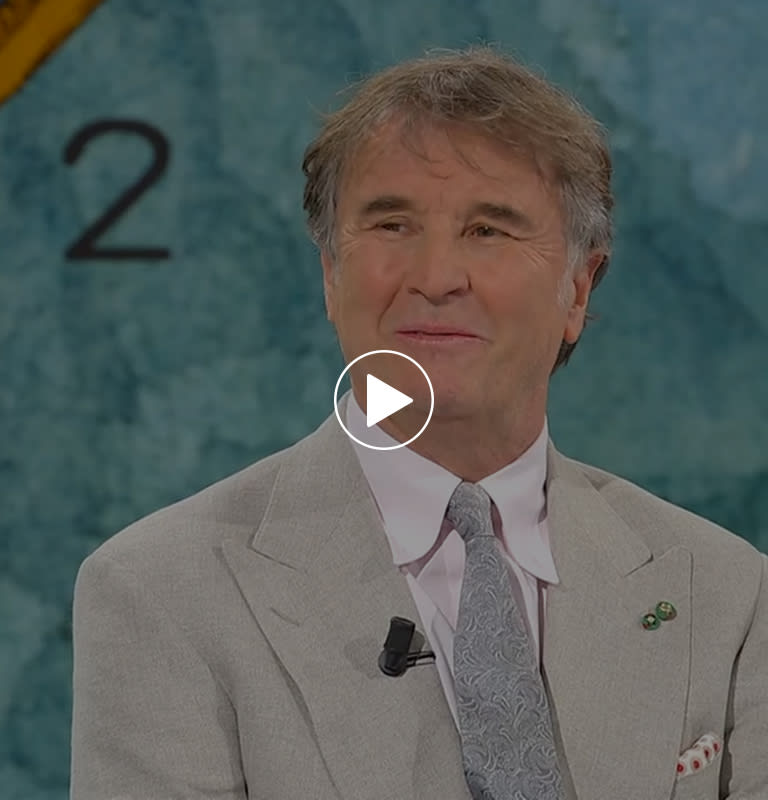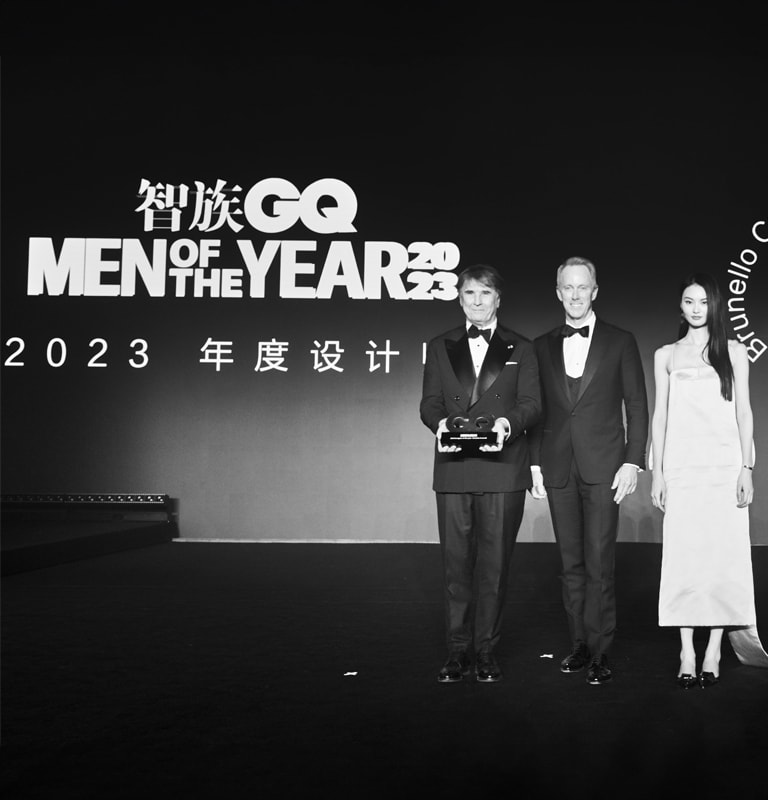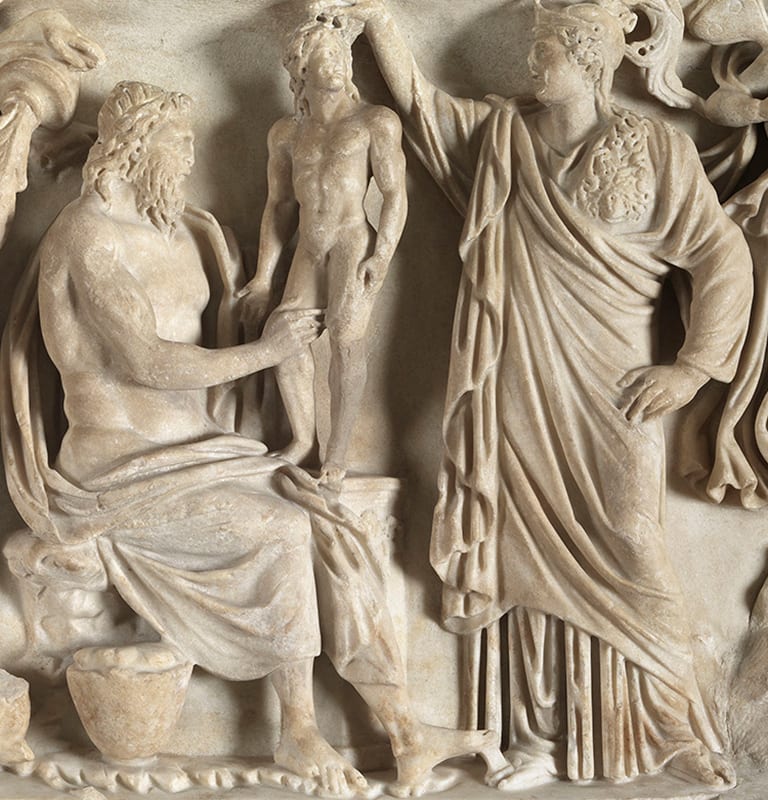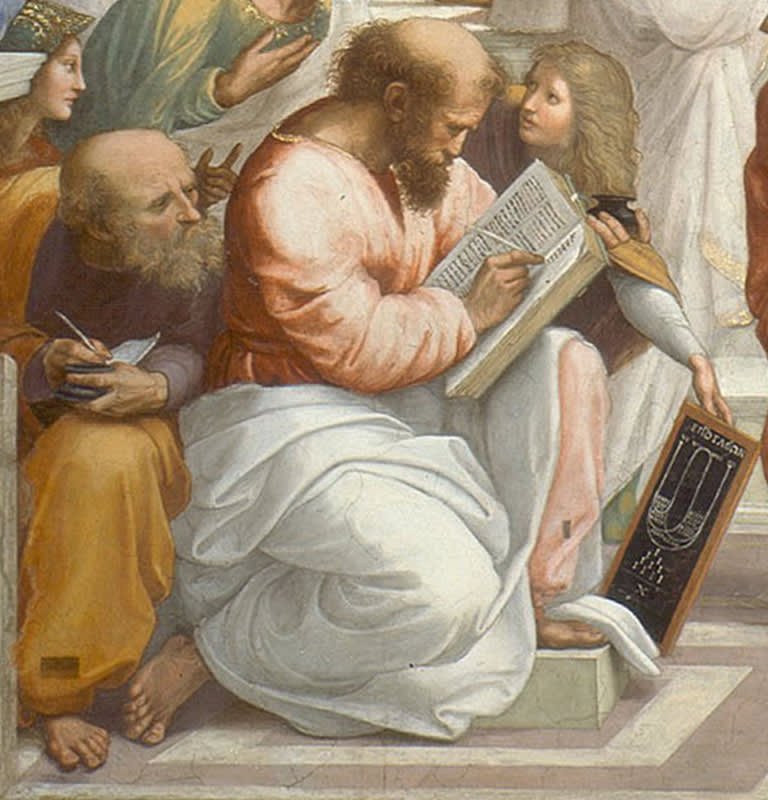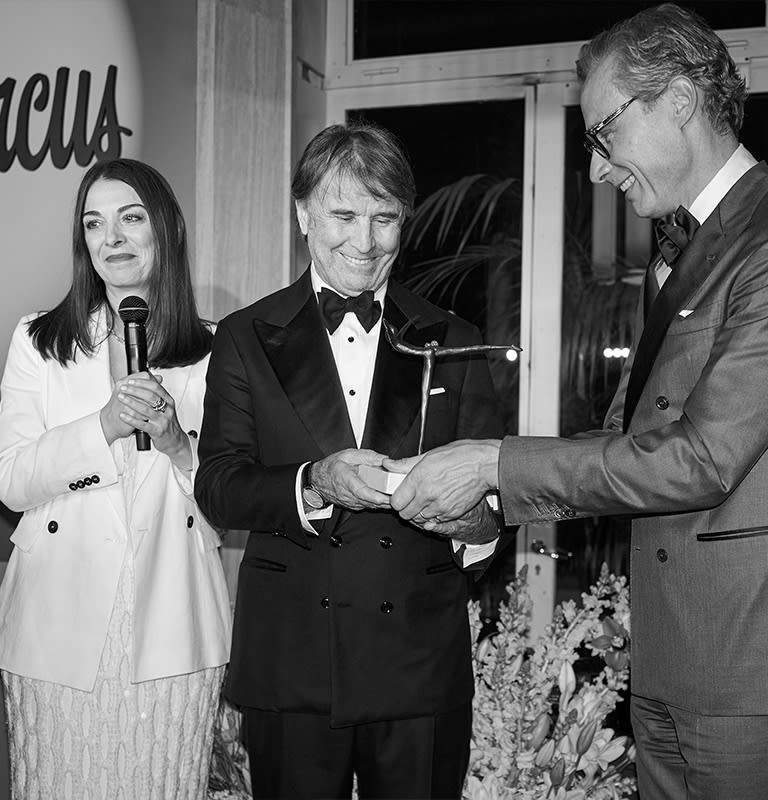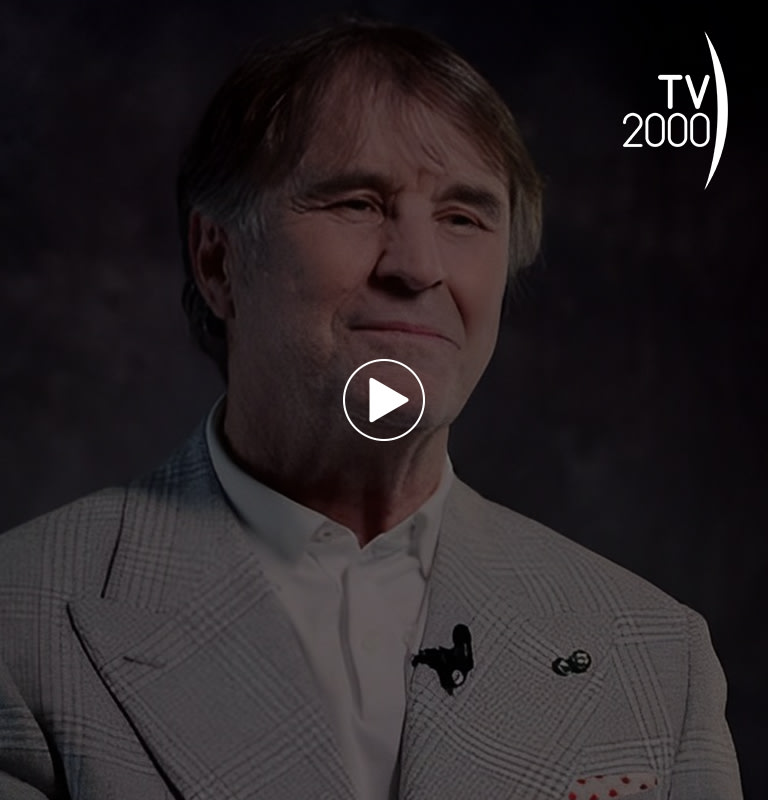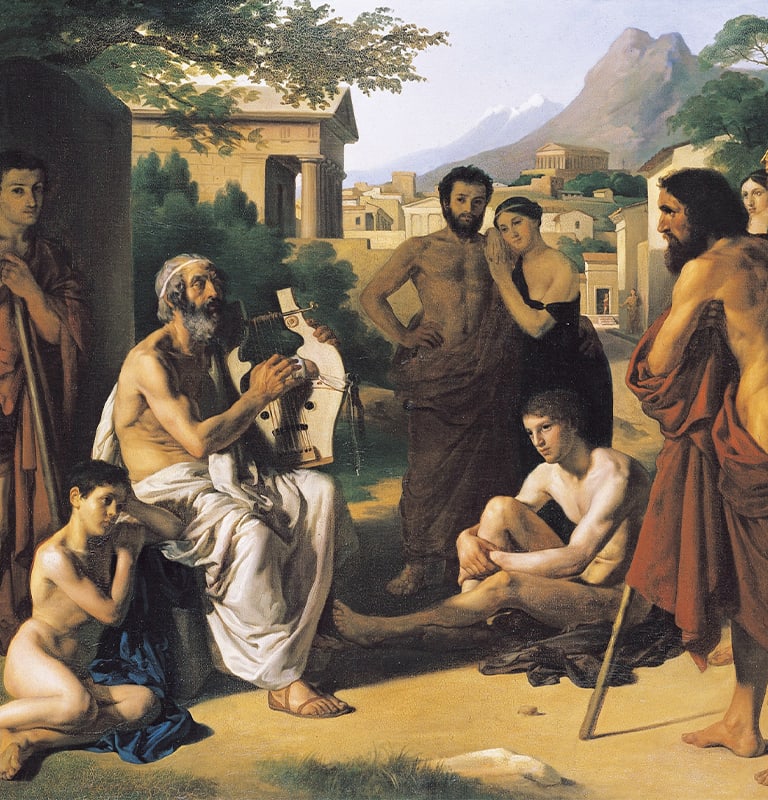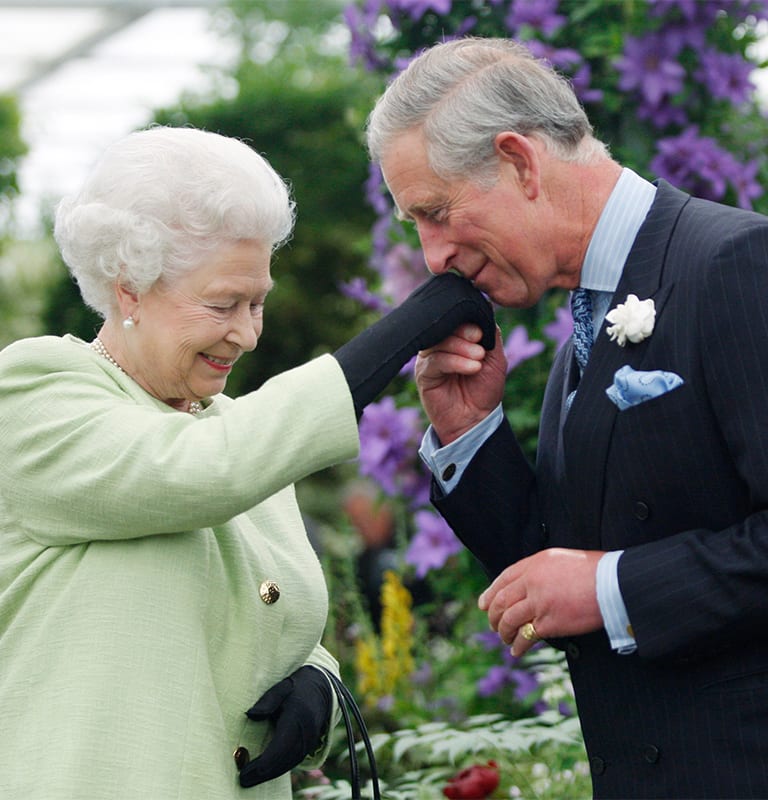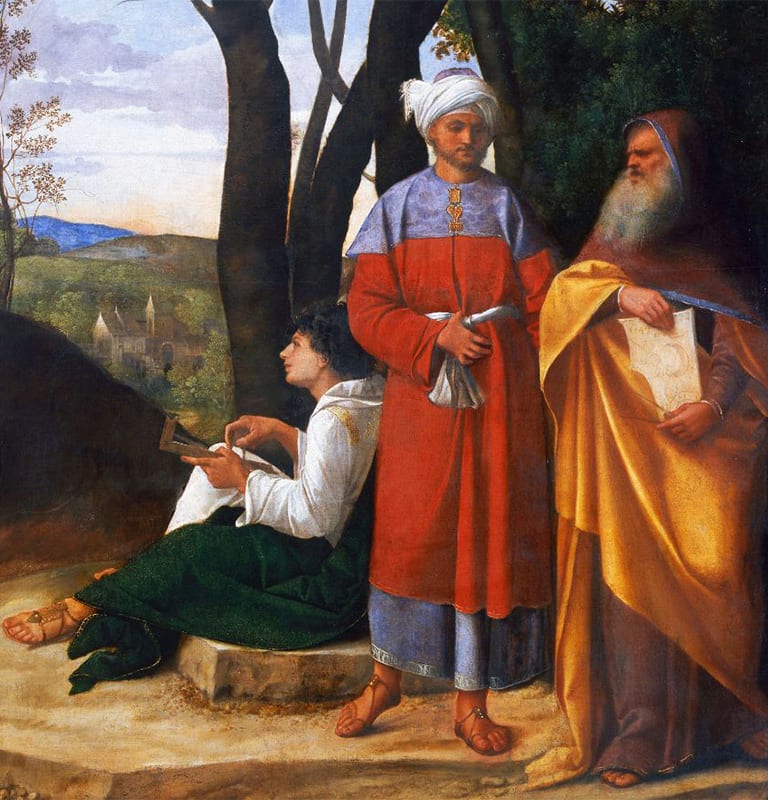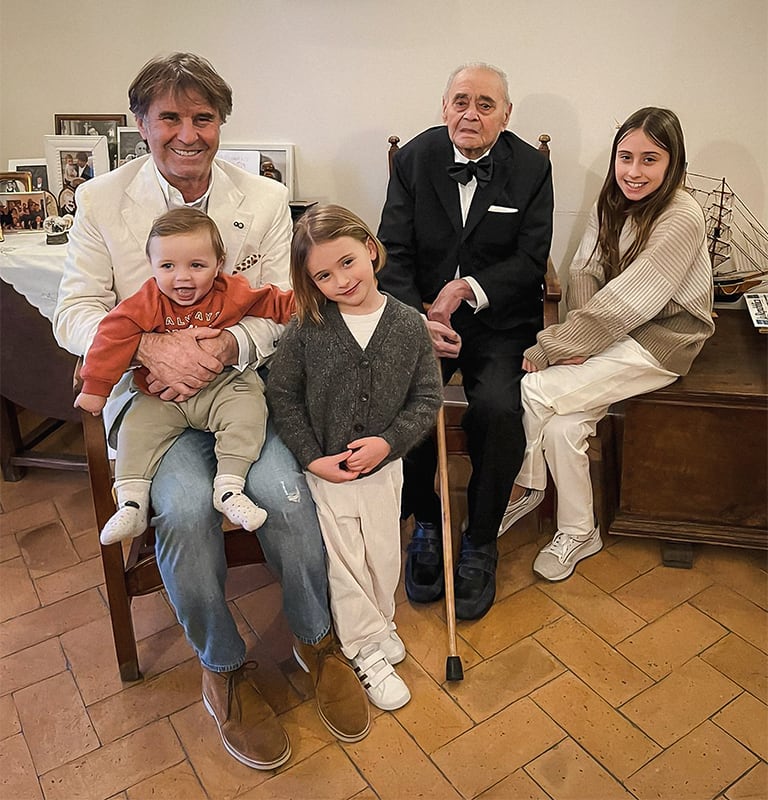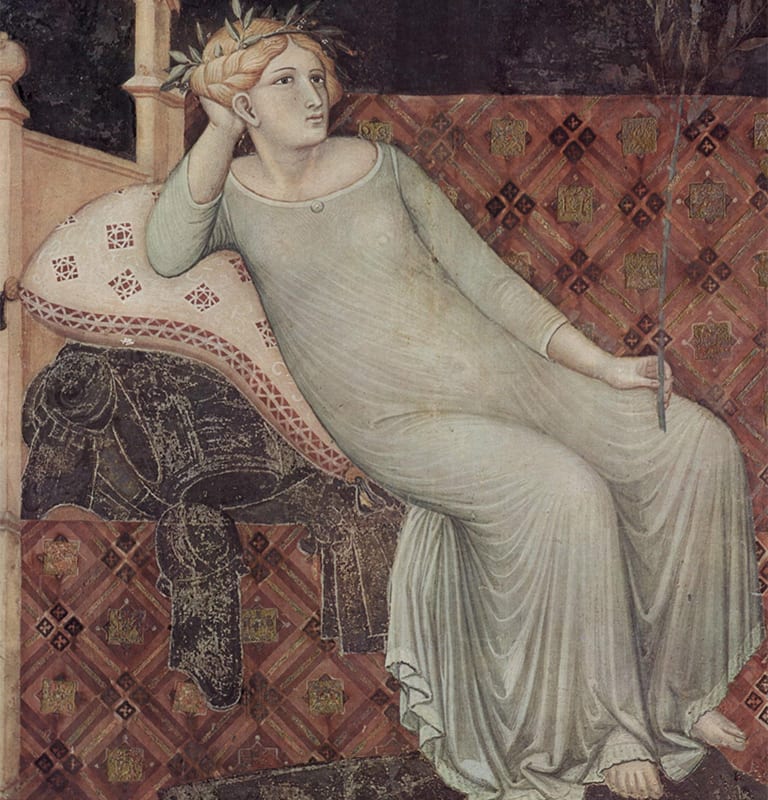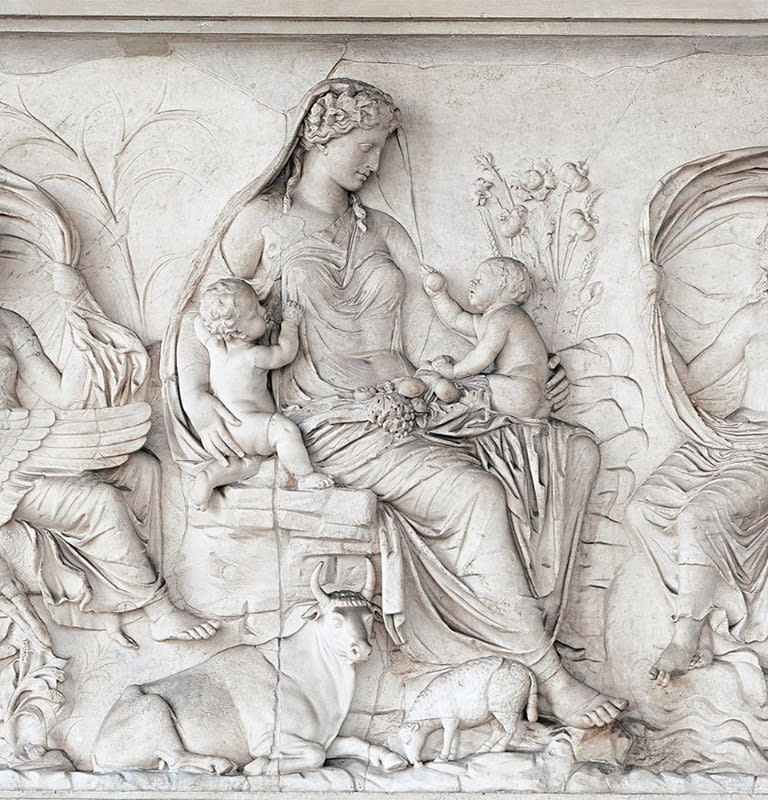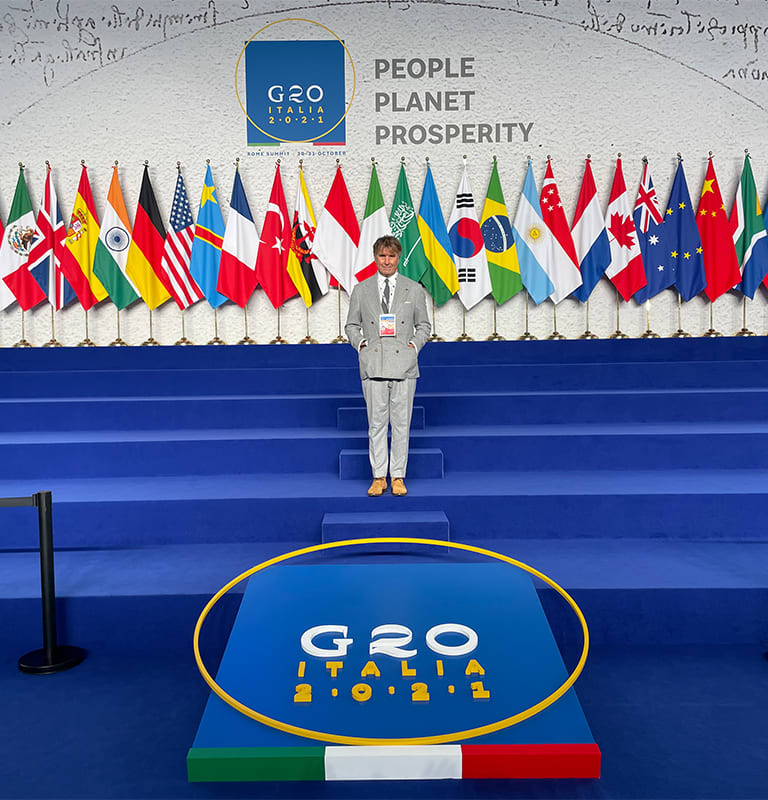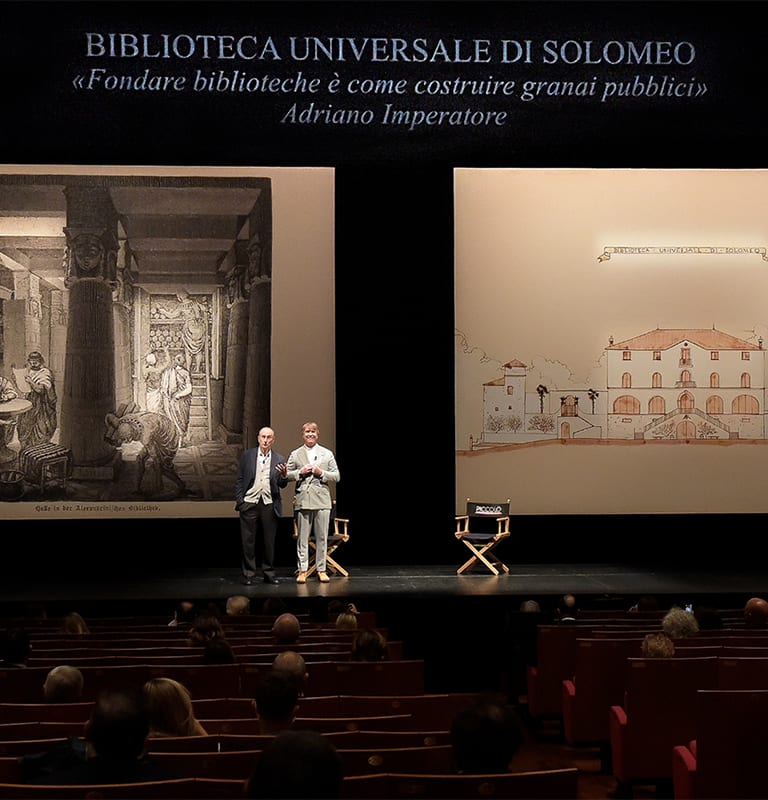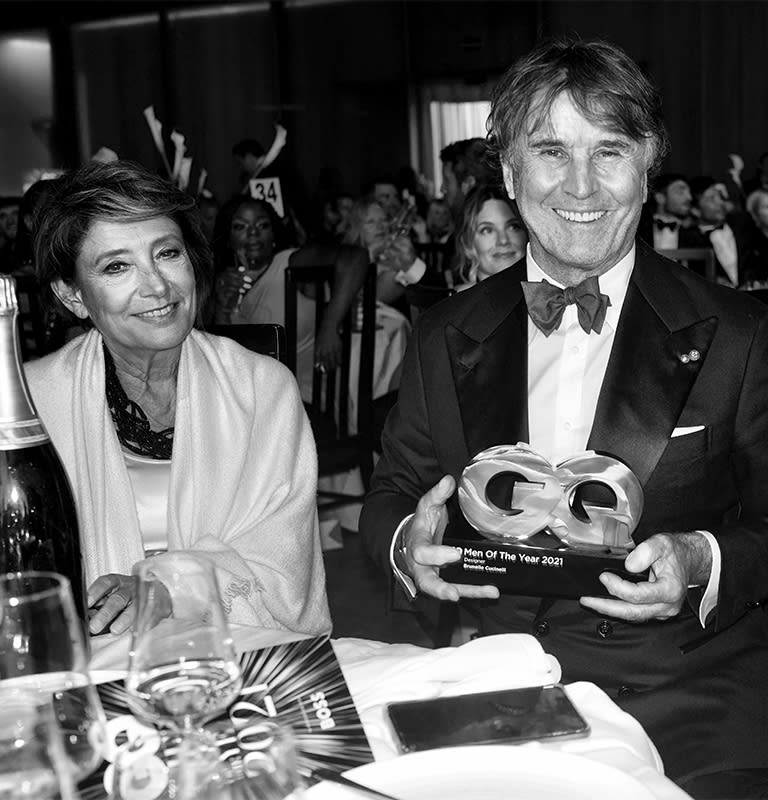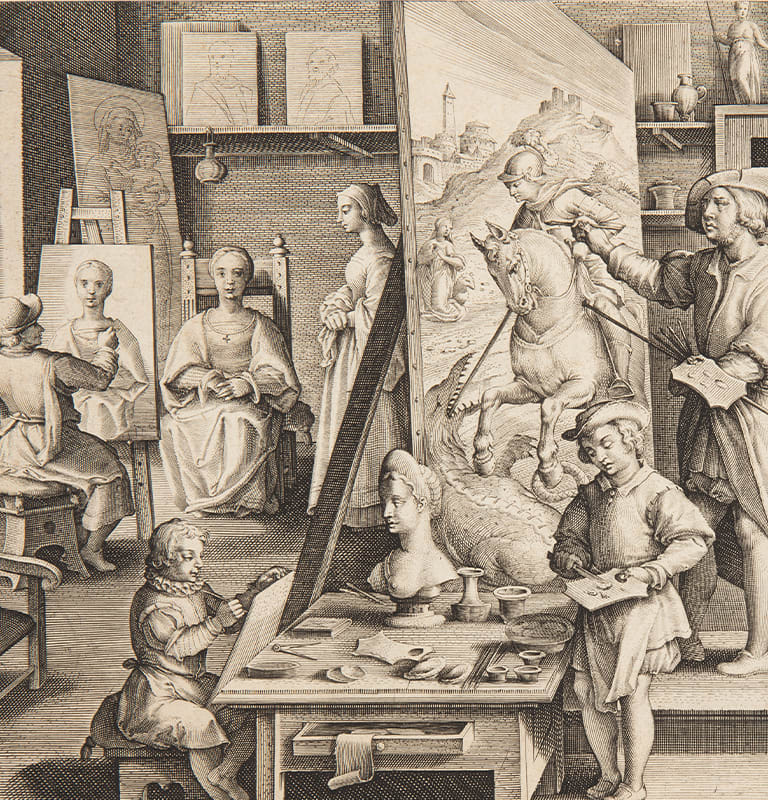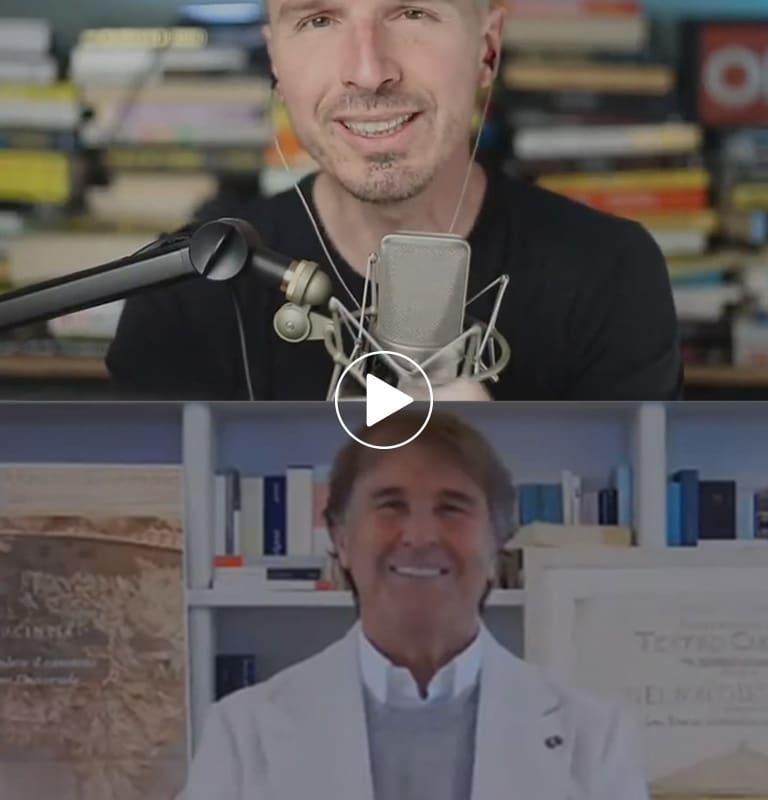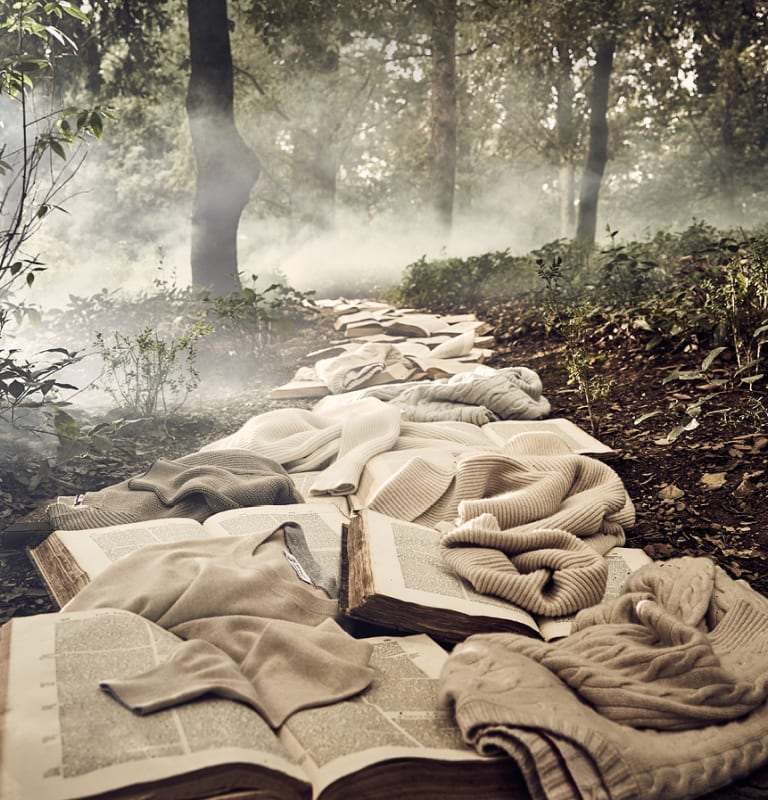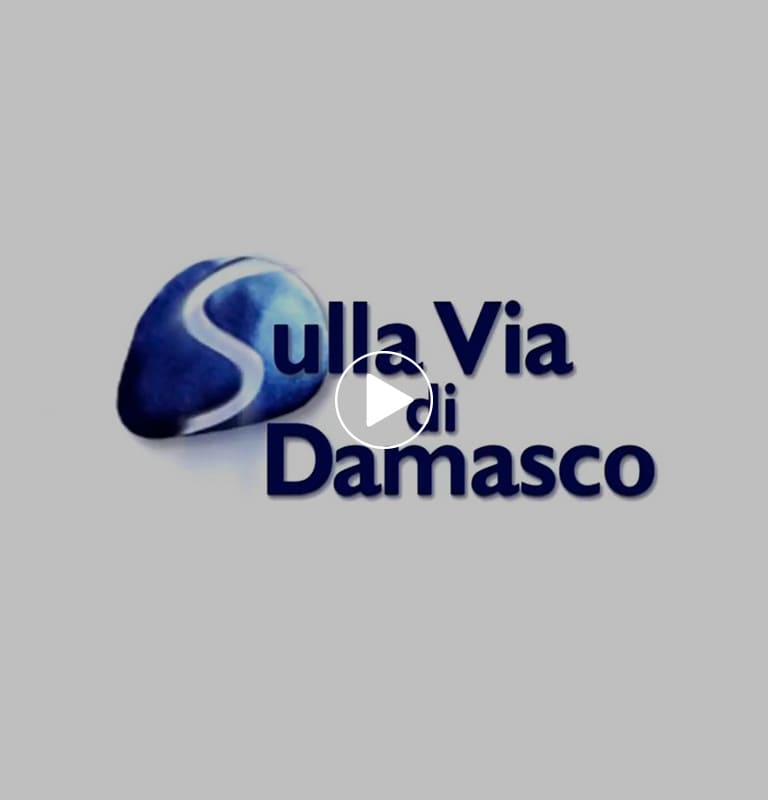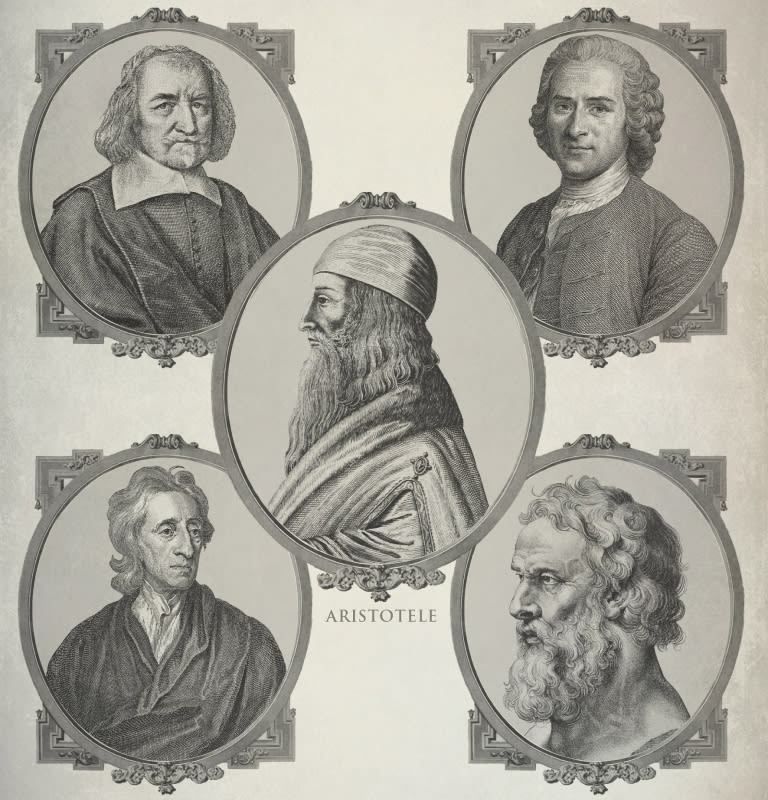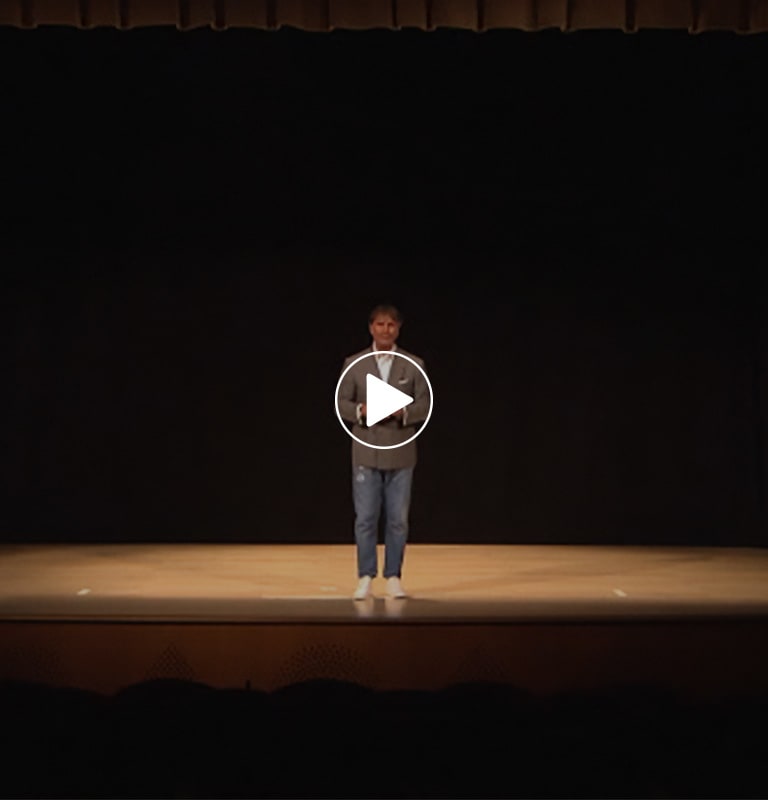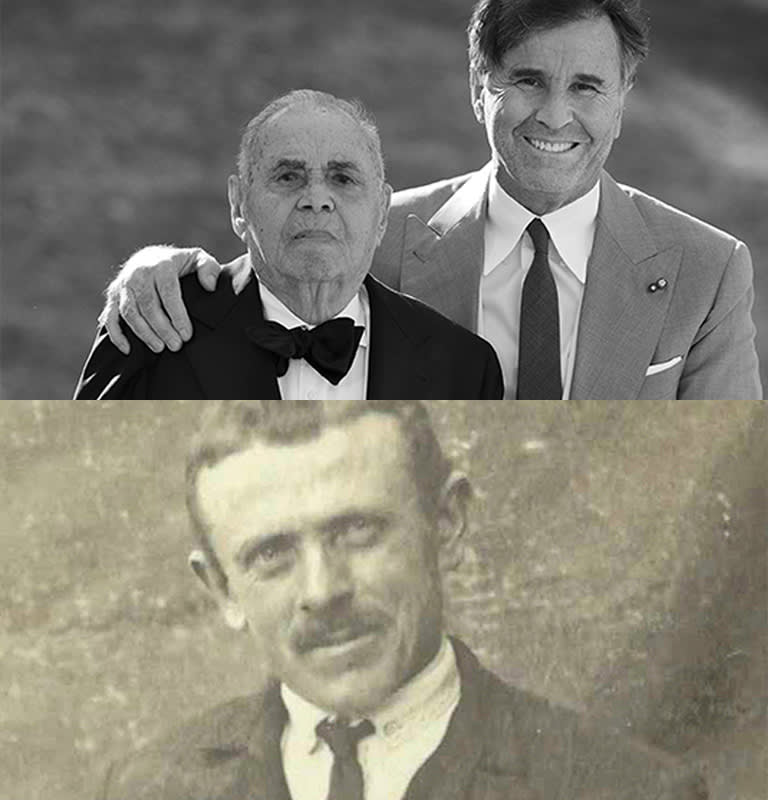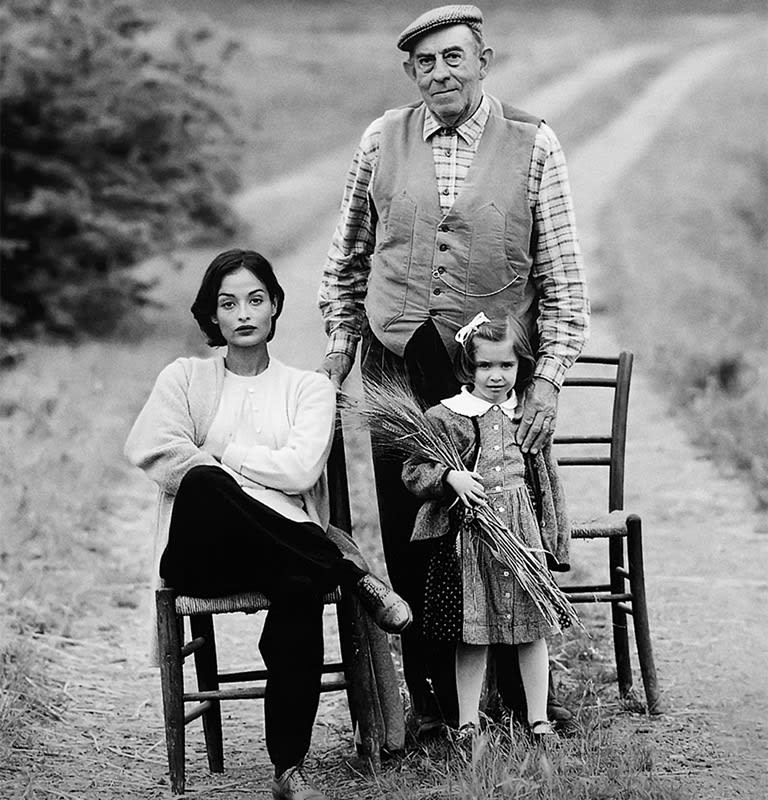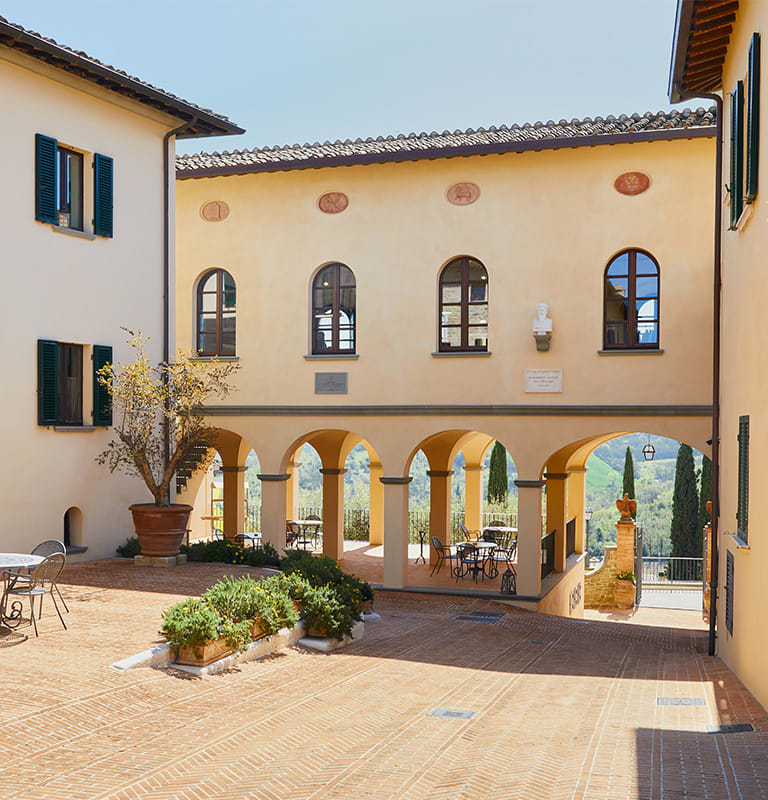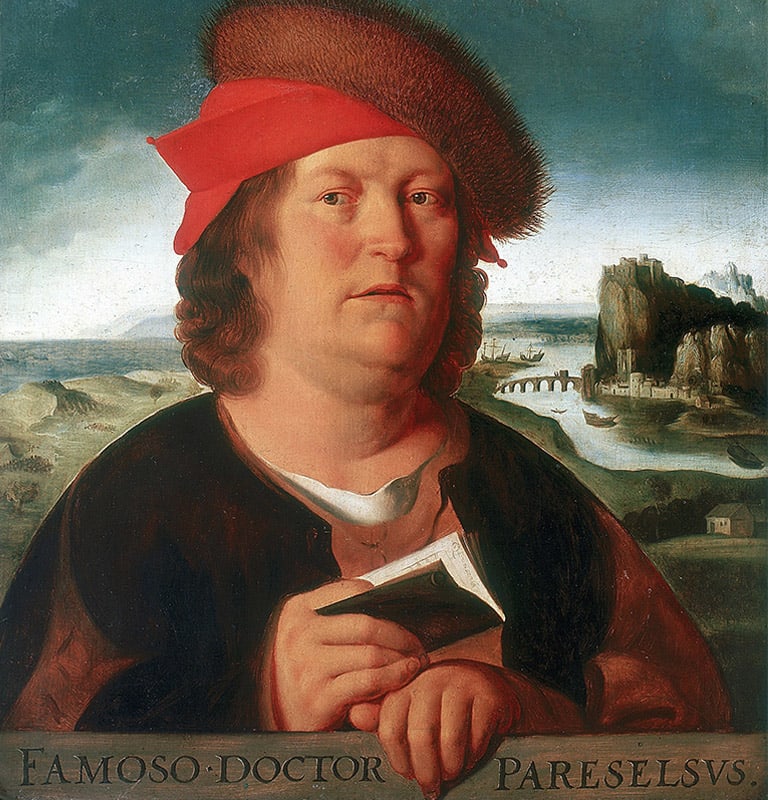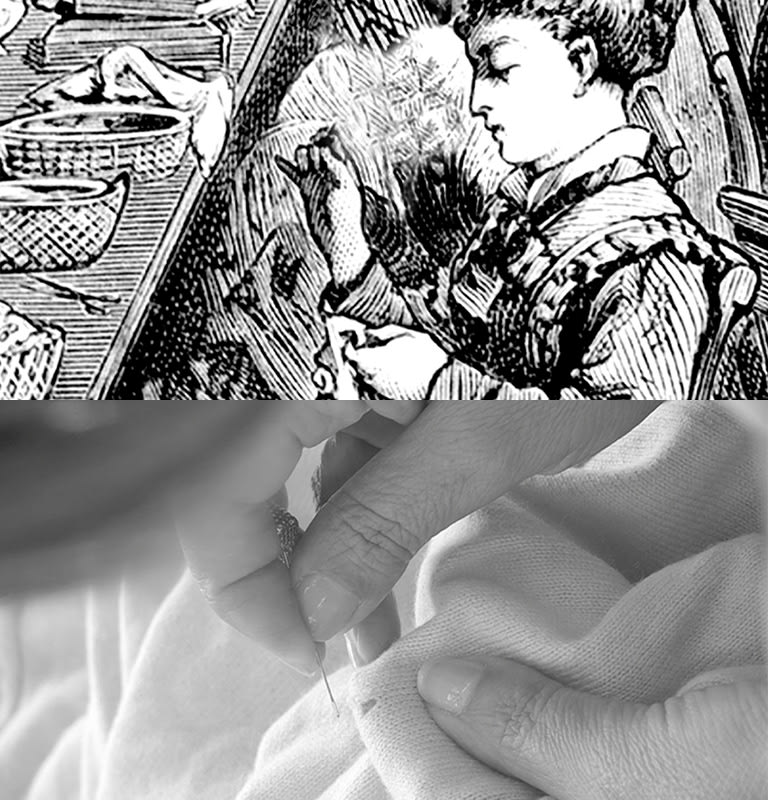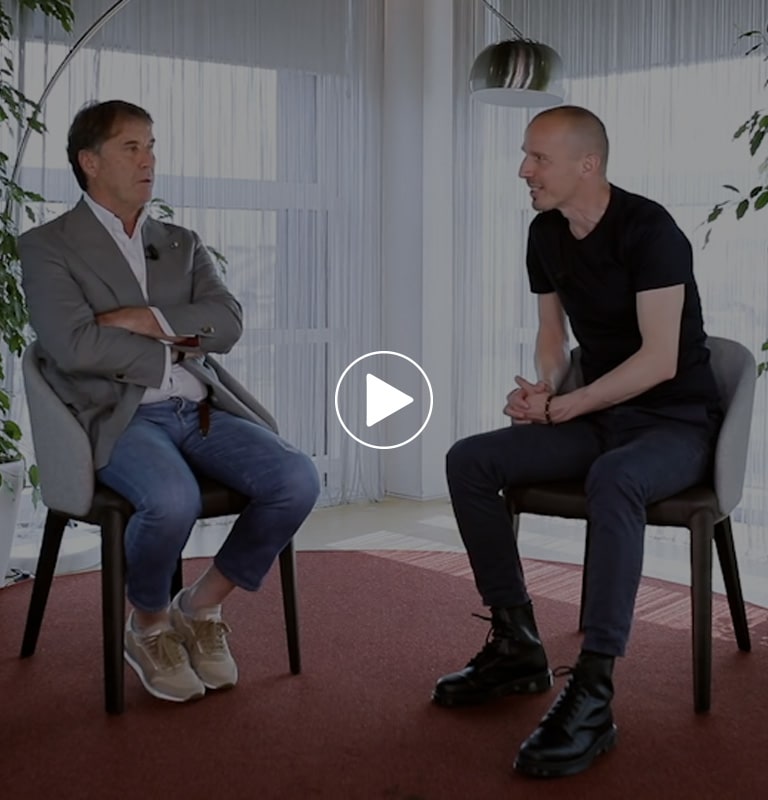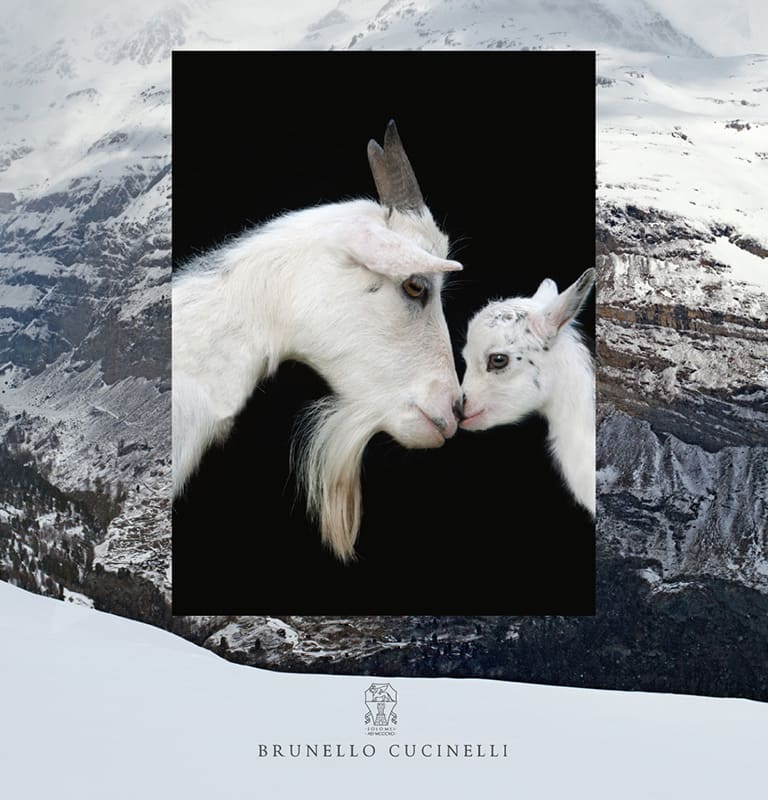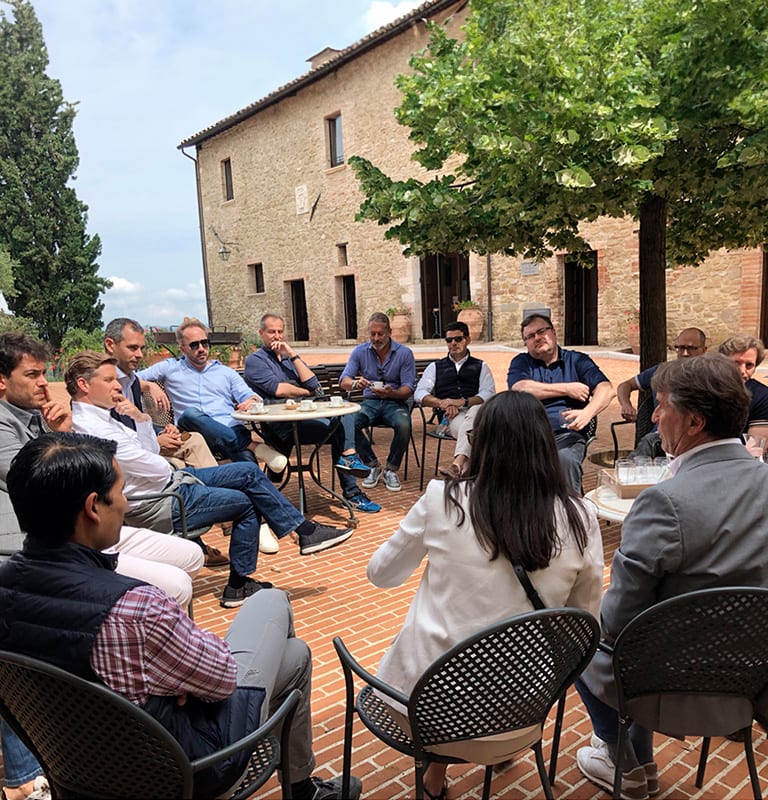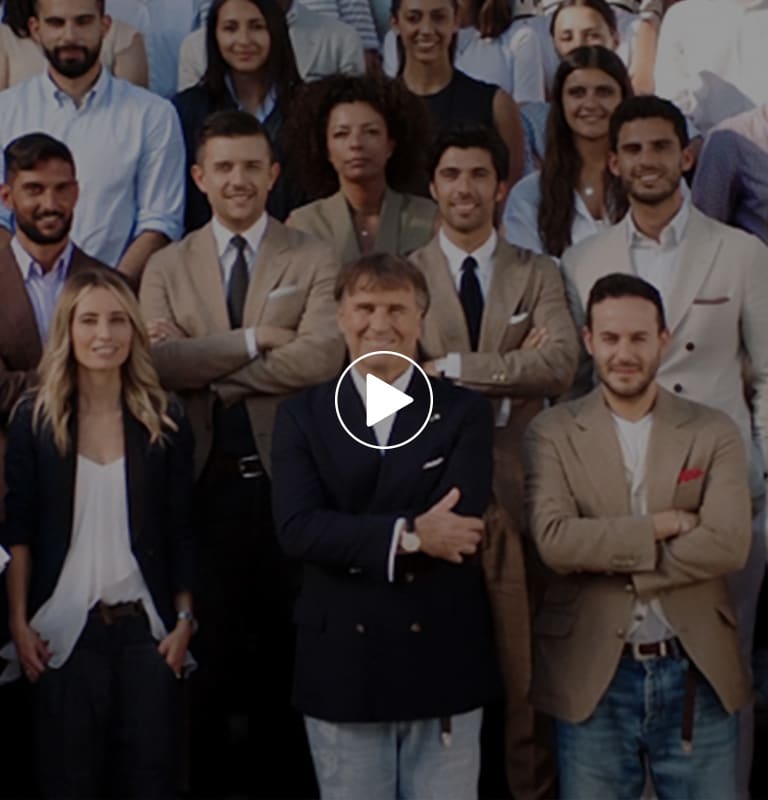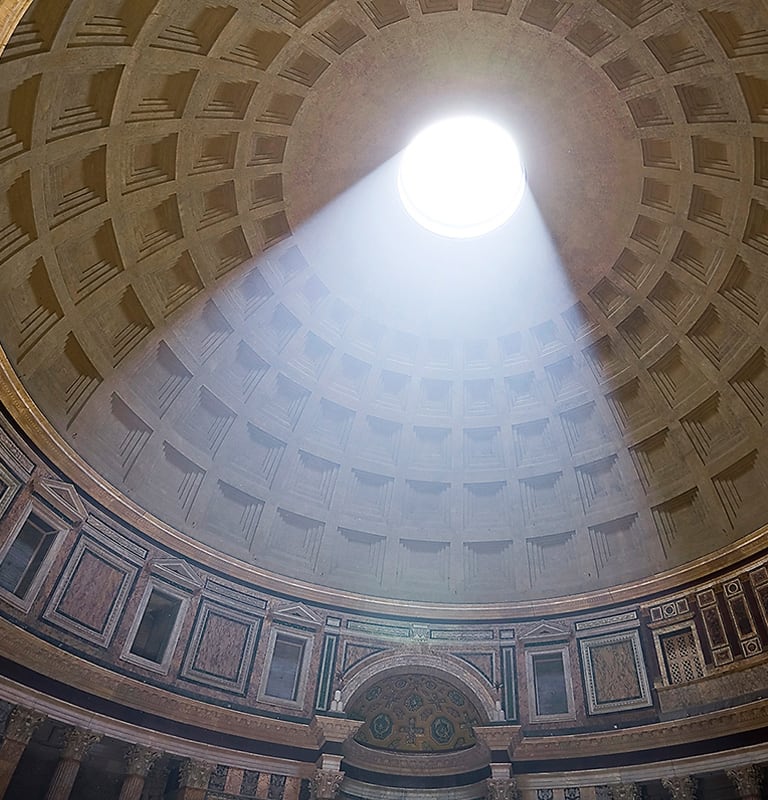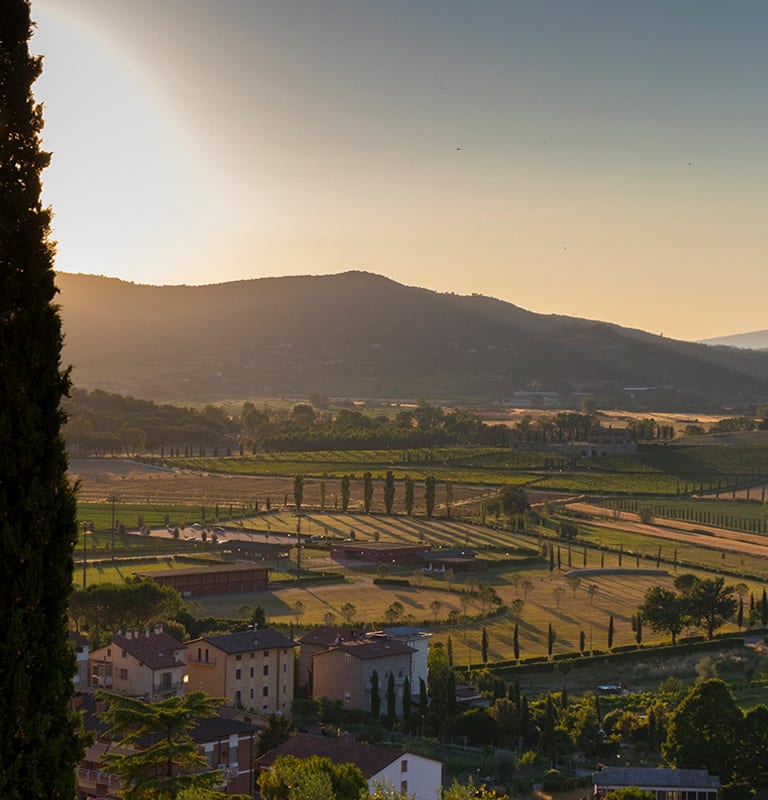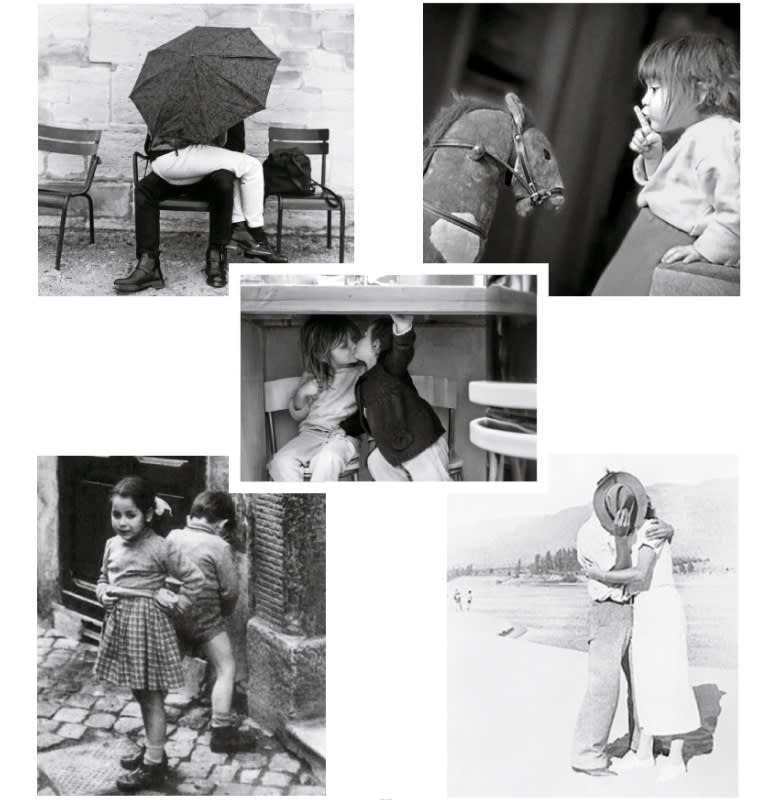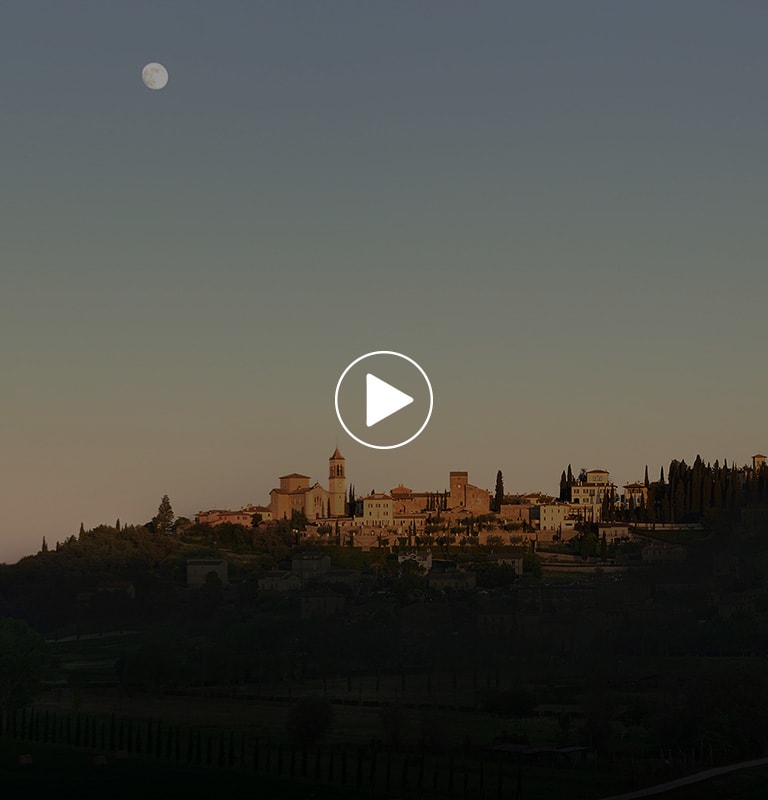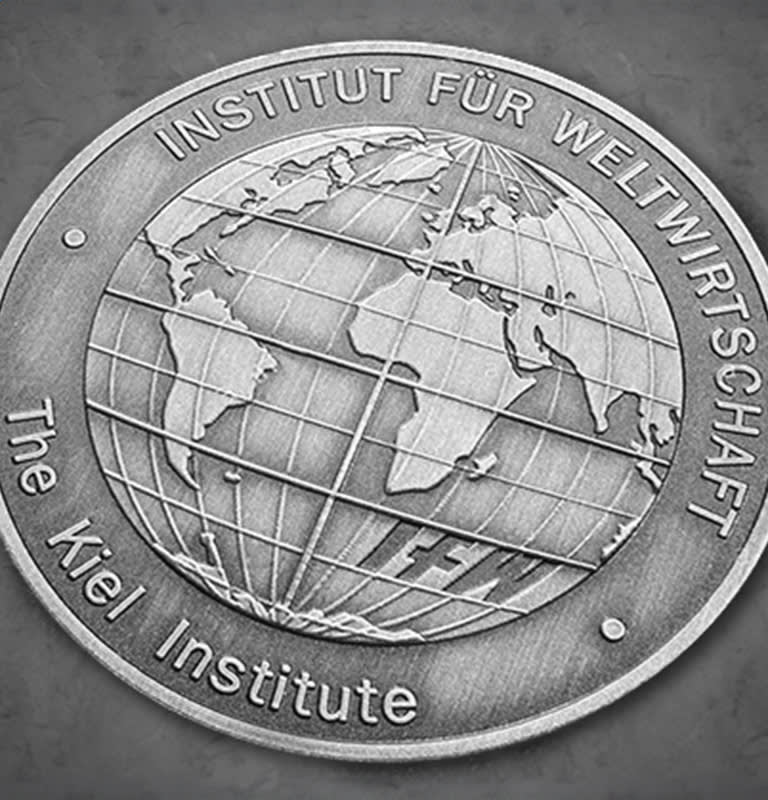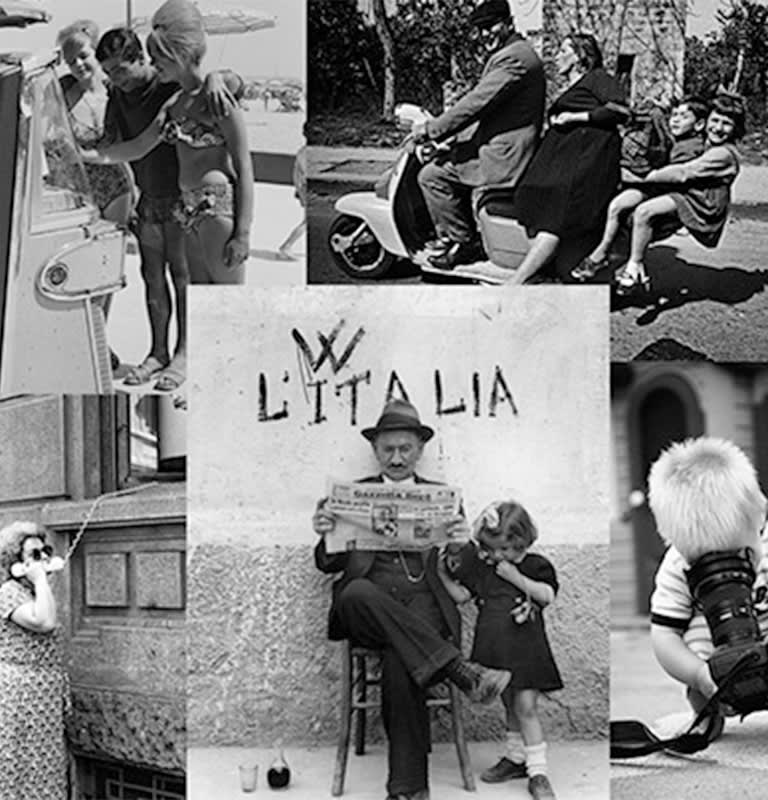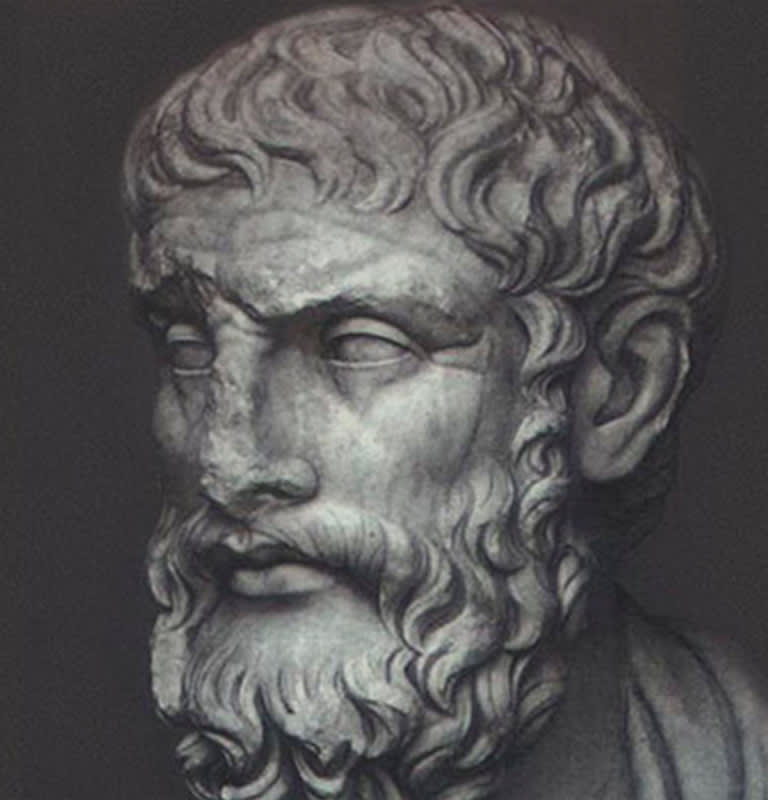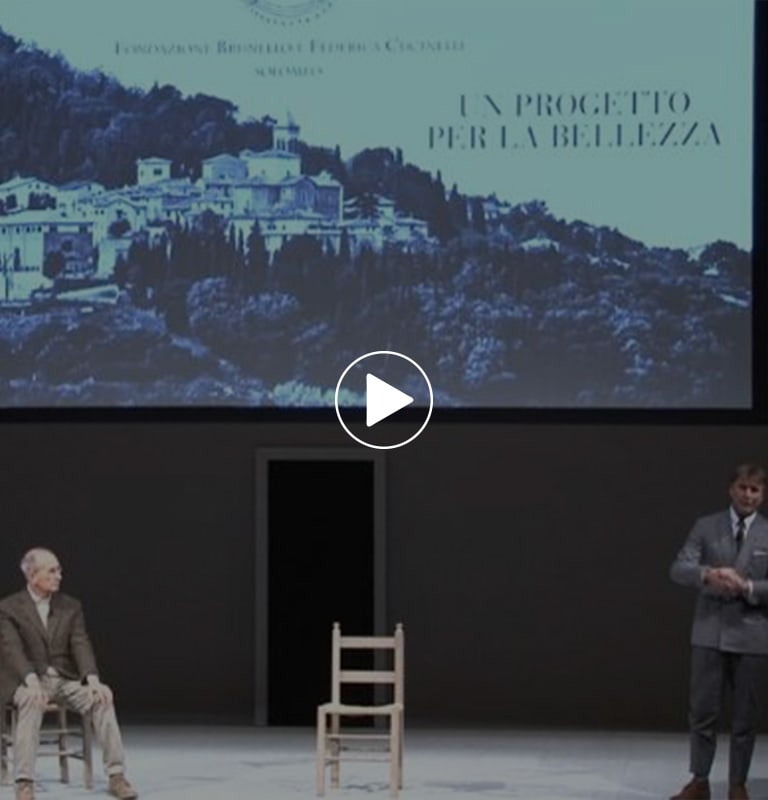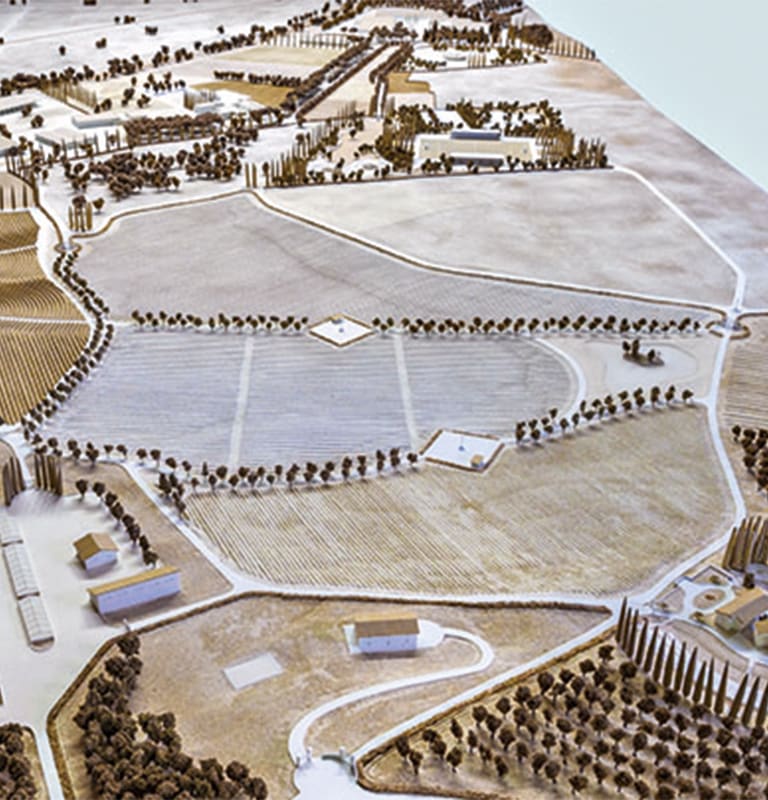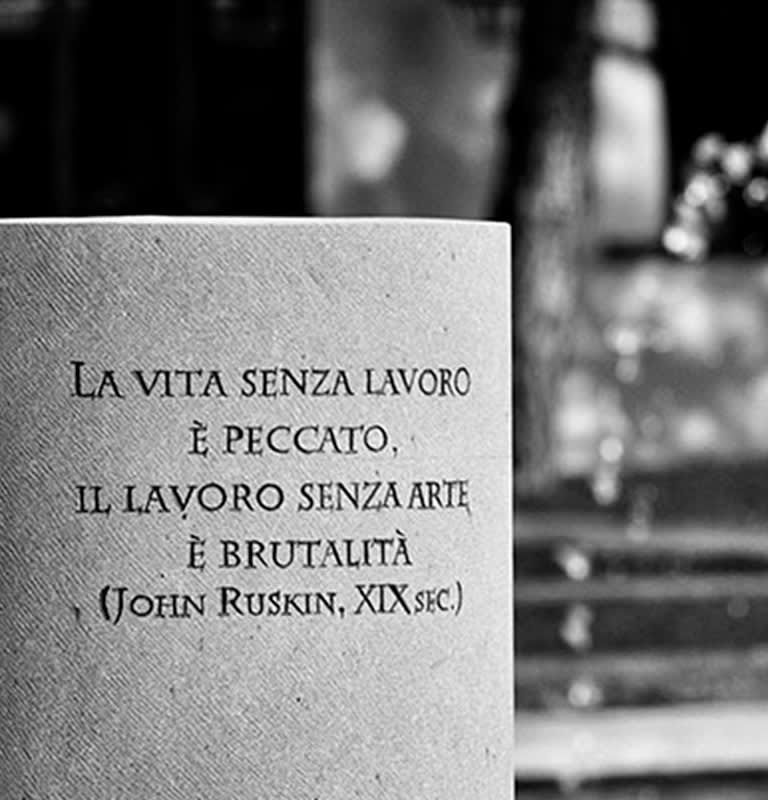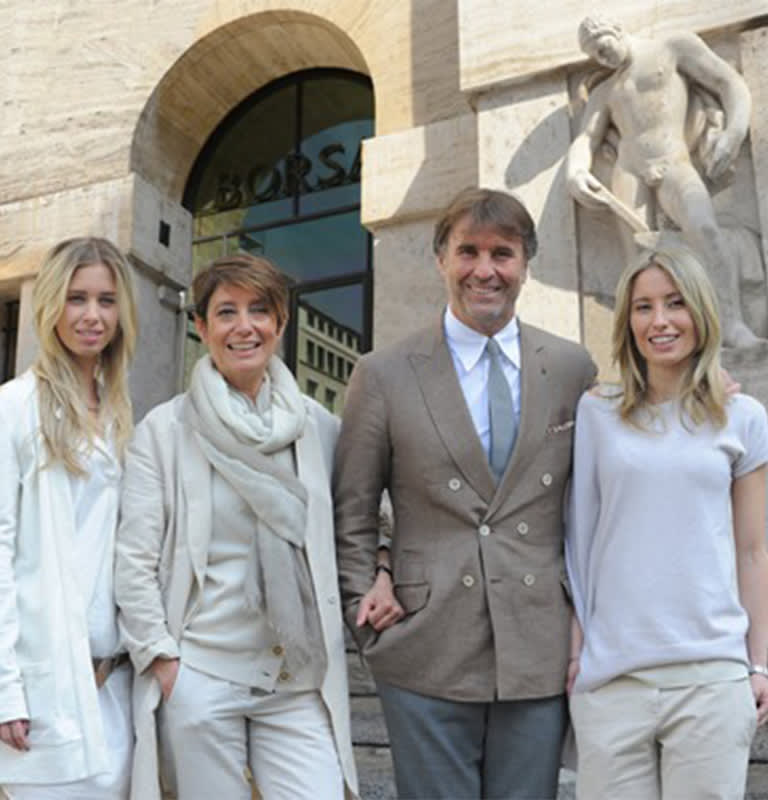label.skip.main.content
Dignity as a Form of the Spirit
Lectio Doctoralis held for the awarding of the Honorary Degree in Philosophy and Ethics of Human Relations
11 November 2010
Lord Rector, Deans, Professors and Governors, my friends who have come here today to partake in this joyous occasion, I thank you from the depths of my heart.
This lectio doctoralis is the most fitting opportunity for me to express my gratitude to those who have honoured me with such a coveted acknowledgement and to profess by deep love for life in its every form.
In every historical period and in every part of the globe I believe that the universities are, and will always be, the salt of the earth. One of the oldest and most prestigious universities, the University of Perugia, has granted me this extraordinary opportunity and I am deeply moved.
One of the memories I cherish most from my childhood is the fact that I never saw my parents arguing. I always remember my father, my grandparents and my uncles, hard-working men often engaged in thankless work, praying to God for fine weather so that the harvest would not be ruined. To this day, their enduring example has been an inspiration for life.
Then, we moved to the city; when I was around fifteen years old, my father left the country to take up a different job. It had been my grandfather’s dream to see his sons working in a factory instead of in the fields.
It was hard work in the factory too, but my father was satisfied with his lot. I would see him in the evening silent and troubled at times, however, when during the day he had been subjected to humiliations, sometimes even insults from his employer. Though I was unable to fully understand the underlying message in that state of mind, it made me think. It changed something inside me. I was saddened seeing my father in such conditions and it was probably then that I began to understand the important role work plays in men’s lives. Through direct experience I realised how unjust it is to offend the dignity of a man’s labour and not to appreciate its true value.
From fifteen to twenty-five I went to school and received my diploma in surveying. I must confess that I never studied much; I lacked sufficient motivation and drew little satisfaction from poring over books. Nevertheless, I passed the final examination and enrolled in the faculty of engineering. I attended for roughly three years, during this period however, I sat only one examination, in descriptive geometry. These few details cover my experience as a student.
The most important event of that period, and indeed of the subsequent periods, was my meeting the woman who was to become my wife: we were both around seventeen years old; she had just finished her studies in accounting and had decided to open a small clothes shop. It was somehow through participating with her in this activity that I rediscovered a feeling for beauty and began to appreciate fashion.
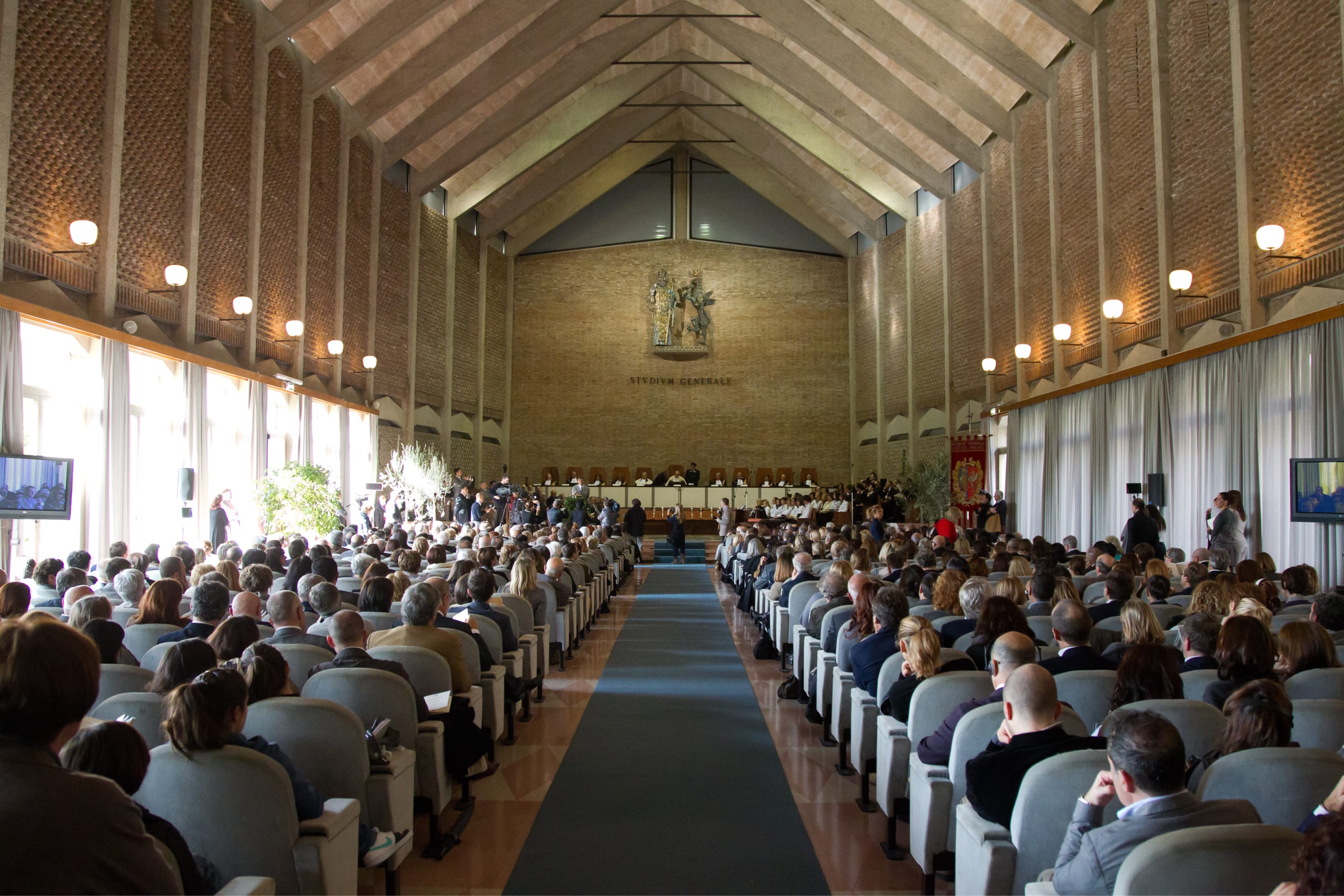
A very important aspect of that period was the culture of “bars”: the Italian café. It became my social outlet on a daily basis and I became ever more attached to it. That was where we met in the evening, seventy or eight people, in those days only men, men from all social classes, in a friendly atmosphere of mutual respect, without barriers or prejudices. There were industrialists and blue-collar workers, as well as layabouts like me (I confess I was one of them). It was much more than just a place to pass the time; we spent hours discussing a wide range of issues, engaged in uninterrupted debate. It was as if, on our smaller scale, we were replicating the same situation so dear to Heraclitus, when he defined Polemos, the daemon of war, as the master and lord of all things: everything is born out of lively and intense discussion, as long as it is civil and moderate. These are my memories of what was both entertainment and learning, lessons of life, different from schooling, vivid, cherished and authentic.
At the age of nineteen I began to do some reading. To tell the truth: despite the sort of life I had been leading, I did have a desire to better understand that dignity which had seemed so important to me when I saw my father offended. I though I could find an answer to my questions in philosophy. This is how I came to approach the world of thinking, and Kant was the first, I read him bashfully and avidly. It was difficult reading, yet full of human truth. I remember one comment that I found so moving and extraordinarily true, when Kant says: “Two things in particular fill me with awe: the starry heavens above me and the moral law within me”. To me, it was like hearing my father’s words, he would often remind me: “Be a good person, remember, always try to keep your word”.
If, on the one hand, reading Kant had answered many of my questions, on the other, it continuously gave rise to others, further increasing my desire for knowledge. This consolidated a love of philosophy, which has accompanied me ever since. I immediately set out to explore the ideas of the great Greek philosophers: Socrates, Plato and Aristotle.
In the meantime, the years rolled on and I began to wonder what I would do with my life. Thanks to my fiancée and her shop, I was developing a keen interest in knitwear; then, like now, it was a distinctive tradition in Umbria. Therefore, I came to the idea of producing pullovers in coloured cashmere, and it should be said that this product was something of an innovation.
My dream, nonetheless, was to make work into a more humane activity, to confer moral and economic dignity on work, because, believe me, work can so often be rather hard and repetitive. However, I was convinced that it also raised the dignity of man, and I have made this the true objective of my life.
Therefore, though aspiring to make profit, because I believe in capitalism (every business has to make profits, it is the reason it exists), at the same time, I wanted to ensure that those profits did not damage humanity, or at least did so as little as possible. I pledged myself to methods and objectives which would yield profits while respecting the dignity and value of the human being, focused, therefore, on a moral objective. Aristotle considered ethics to be the highest branch of philosophy and this was the road I wished to take. I did not know if I would succeed, but I channelled all my efforts in this direction. This is the spirit and purpose of my work.
To put my resolution into practice, I decided to divide the profits according to four criteria that I still follow to this day. The first part is assigned to the business, a business of which I see myself as the custodian and not the proprietor. Of course, I am the majority shareholder and the person in charge, but solely as the guarantor of its solidity and stability. I have always believed that if one sees oneself as the caretaker rather than the owner, everything will take on a different meaning, it will all become almost eternal. The second part is reserved for my family, which lives in a small town and therefore does not have any particular needs. The third, the most important part, is for those who help me in the enterprise, so they can work in a better way and live according to their expectations. The fourth part, which is just as relevant as the other three, is devoted to “embellishing the world”, a concept that can encompass any type of initiative: to help a person in difficulty, but also to restore a church, build a hospital, a crèche, a theatre or a library... and I should add that in this case I was inspired by the great mind of one of my mentors, the emperor Hadrian, when he said: “I feel responsible for all the beauty in the world”.
This is the underlying philosophy of the enterprise. I wanted to create a product of great craftsmanship, great quality and, I hope, authentic creativity. I wanted to produce a handmade product that conveyed the Italian way of living and working, its self-esteem, tolerance, devotion, spirituality and mysticism. To do this, one obviously needs skilled hands, but also generous hearts that are proud of their origins and rooted in their own land. In the words of Pico della Mirandola: “Magnum miraculum est homo”.
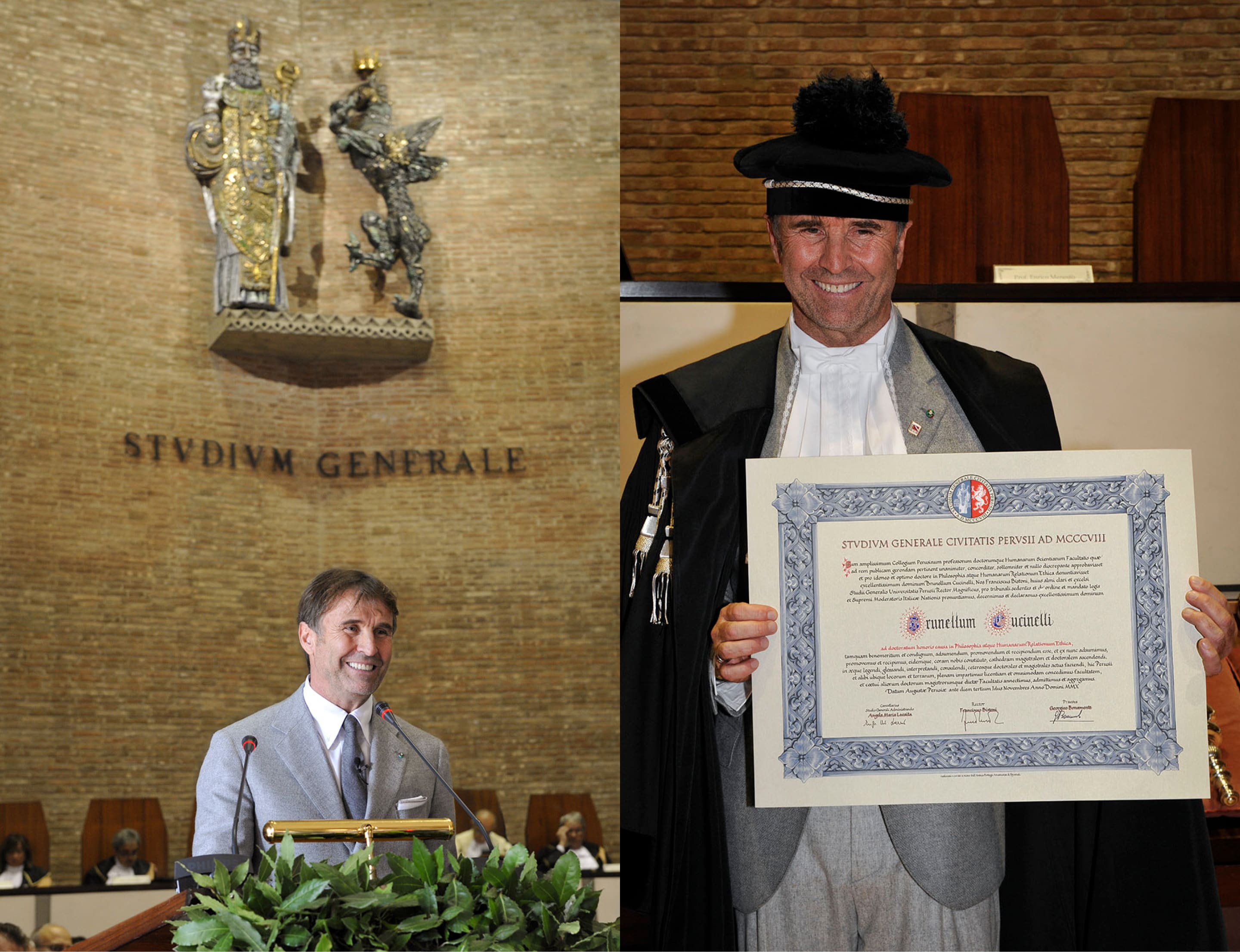
There are also other underlying principles behind the enterprise. Above all, a concept of work that was born many centuries ago, preached and propagated by the fascinating St. Benedict, who advised the abbot, responsible for his monks in life and, after death, to be both rigorous and gentle, a demanding master and a kind father. I have tried to bring this spirit to my business. St. Benedict reminds me that every day we must take care of the mind through study and the soul through prayer and work. Plato taught me to respect the rules, as he said in The Republic, through the mouth of Socrates, whether we like it or not “the rules of the sate are to be obeyed even more than one’s parents”.
As you can imagine, there is a huge problem that needs to be tackled, which in my opinion is always open and always the same in any age: the relationship between employer and those who collaborate with him. I have always believed that every human being has genial qualities, however different they are from person to person. My father knew nothing of his employer; he knew nothing of his profits, his property or the life he lead. It is no longer so today for the younger generations who know almost everything about their employers. I believe, therefore, that a policy of transparency, sharing the reasons and objectives of a business with all those involved, must be fundamental to a healthy and dignified working relationship. This is why I decided that any young person who comes to work in our enterprises will know everything about me and my life. Indeed, I have always imagined and wanted to have a working relationship based on trust and collaboration. In this sense I have been guided by a fine expression of Marcus Aurelius who said, after reprimanding a young man with the words “Give yourself peace of mind, perform every act of your life as if it were your last”, he immediately reminded him to plan as if he were to live for all eternity. And what nobility he expressed when addressing his soldiers before a decisive battle against the Germani, he did not use rhetoric, instead he uttered these simple yet towering words: “My esteemed men of the Roman Empire, tomorrow Rome needs us”. What better way to convey human dignity?
Finally, we come to the theme of the world’s future, in terms of entrepreneurship. I believe that in this moment of economic, moral and civil difficulty, we are in some way redesigning humanity. It should not be excluded that this great economic crisis may ultimately bring beneficial consequences. I find something remarkably up-to-date in St. Augustine, when speaking to God, he says: “Oh, most excellent, omnipotent ruler of the universe, You who send us pain as our teacher”.
I am convinced that there is a future, for Italy in particular, if we know how to produce very high quality goods, high quality craftsmanship and uniqueness, these are qualities that belong to our people. What worries me, however, is how to convince our young people to come and work in our firms, because of the low wages (about one thousand Euro per month or a little more), they feel that there is little dignity or meaning in such work. And yet, Lorenzo il Magnifico considered the craftsman to be somehow a brother of the artist. He was right, but we have taken away some of the dignity, the prestige and the moral value from our work, and this has been a serious mistake. For my part, I would like to help the young to find the deeper meaning in work. If I can manage to do this, I am sure that things can change and they can find within themselves the willingness to devote themselves to arts and crafts with enthusiasm. In the conquest of ones identity, obtained through hard work, lies the condition that Dante described as supreme human happiness, which, however, he found only in God. Some centuries earlier, Boethius said something similar: “Oh, happy race of men, if your hearts are ruled by the love which rules the heavens”.
The love we need is a great love and extends beyond the work and efforts of men, it involves the environment in which they were born and live, an environment we can not afford to neglect. This is also why I wanted to restore Solomeo. As things were beginning to go quite well, I returned to this small hamlet that I had visited during my engagement; it broke my heart to see it abandoned and crumbling. After the war and during the sixties, many families had built a more comfortable home outside the walls. To the considerable surprise of many, I decided to move the headquarters of my small firm to this medieval hamlet. Why did I choose Solomeo? Why so far from the nerve centre of economic and commercial activity? Because I had always been fascinated by life outside the cities. Around 1750, one of my mentors, Jean-Jacques Rousseau, stated that our cities were difficult to live in.
Perhaps we have to return to our villages and old walled towns to discuss and redesign humanity.
This is what I tried to do by choosing Solomeo. I have always been fascinated by the idea of living and working in a small centre, a place I came from and where my roots are. Over the years we have carried out restorations, spontaneously, almost for fun, and in carrying out these works we have tried to listen only to the wise words of the architects of the past, such as Palladio, Leon Battista Alberti and Vitruvius. Inspired by them, we concerned ourselves with respecting nature and the environment, paying attention to the Genius loci. We set it as our objective not to alter the past, but to return it to former and future generations, possibly even more beautiful than before, precisely with the aforementioned caretaker spirit.
I believe that happiness and the ability to build the future is within the reach of each and all, of those who love beauty, spirituality and tolerance, those who are willing to say, together with the great philosopher Spinoza: “I did not come into this world to judge, nor to condemn; I came into this world to know”.
I have the impression that a golden age is coming; I can glimpse the dawn of a better world. I hope we can all share in the desire expressed by Erasmus of Rotterdam: “Oh Lord, give me but twenty more years to live, the golden age is at hand”.
We must return to the great values: Family, Religion and Politics. These values guided our parents, our grandparents and us. They can also illuminate our children, as long as they are willing to embrace them and let them inspire their daily choices.
My esteemed friends, I owe you a debt of gratitude and thank you from the depths of my heart. I wish we can all remember that the soul is always the source of our most profound thoughts.
May God enlighten the road before us.
Thank you

